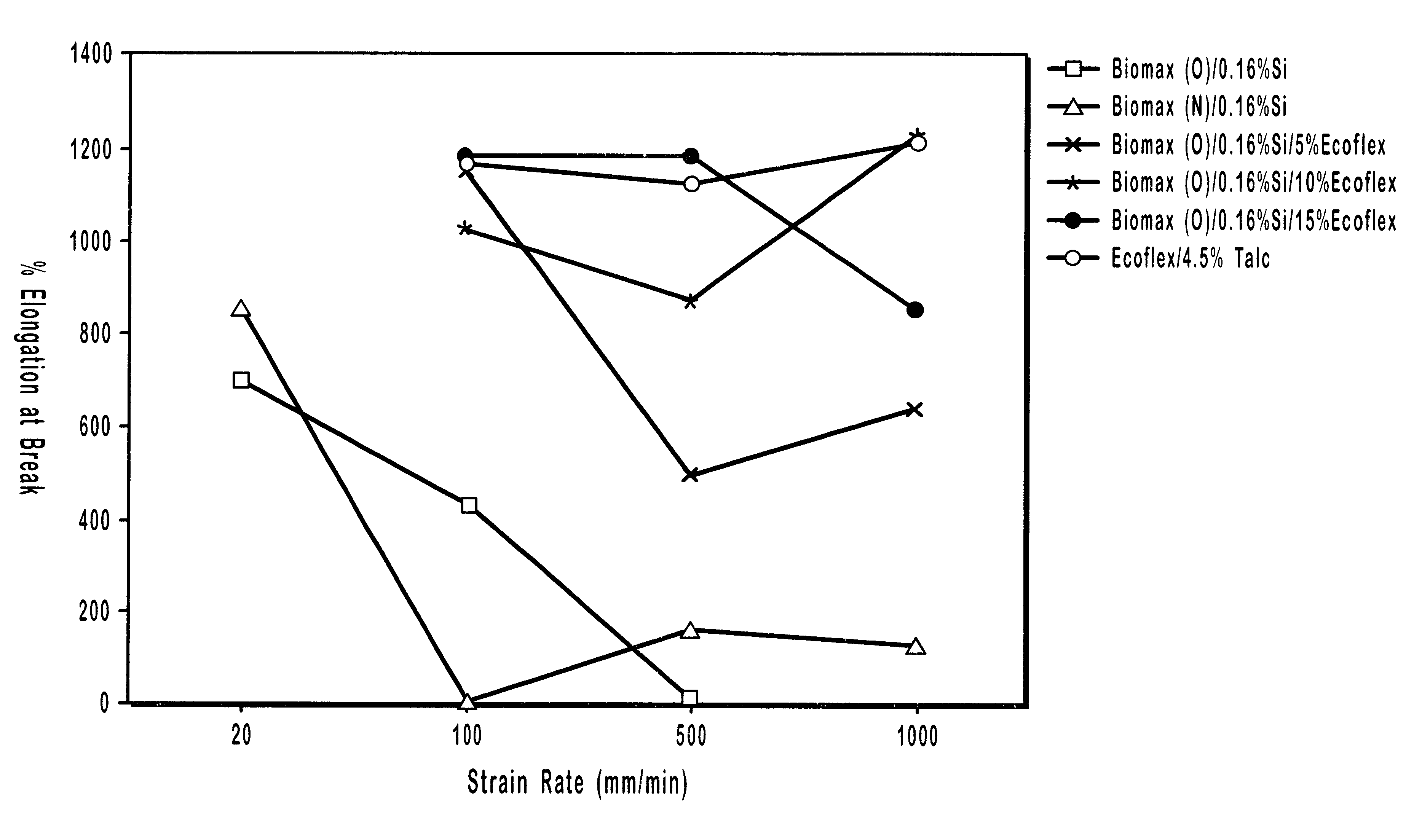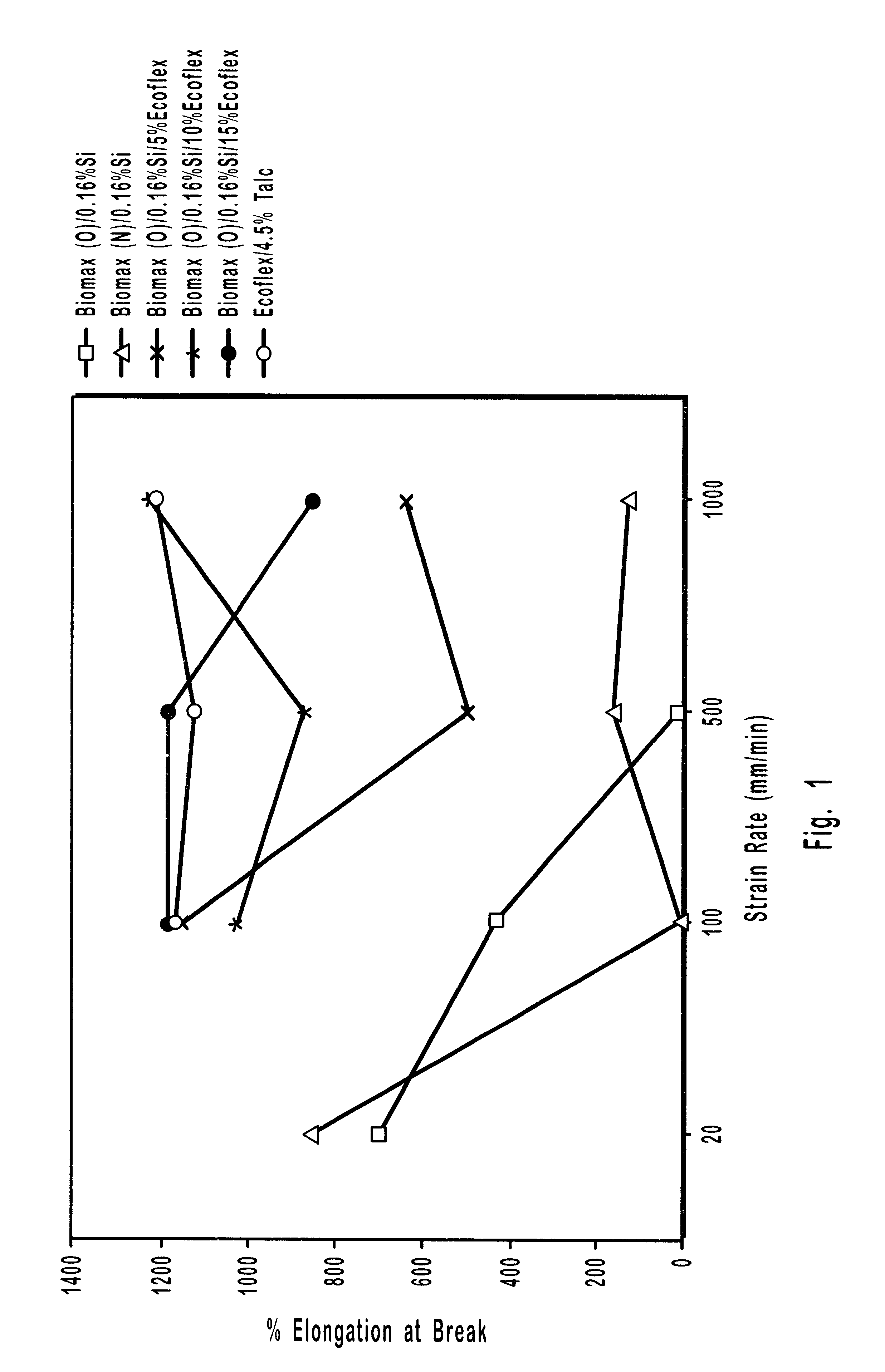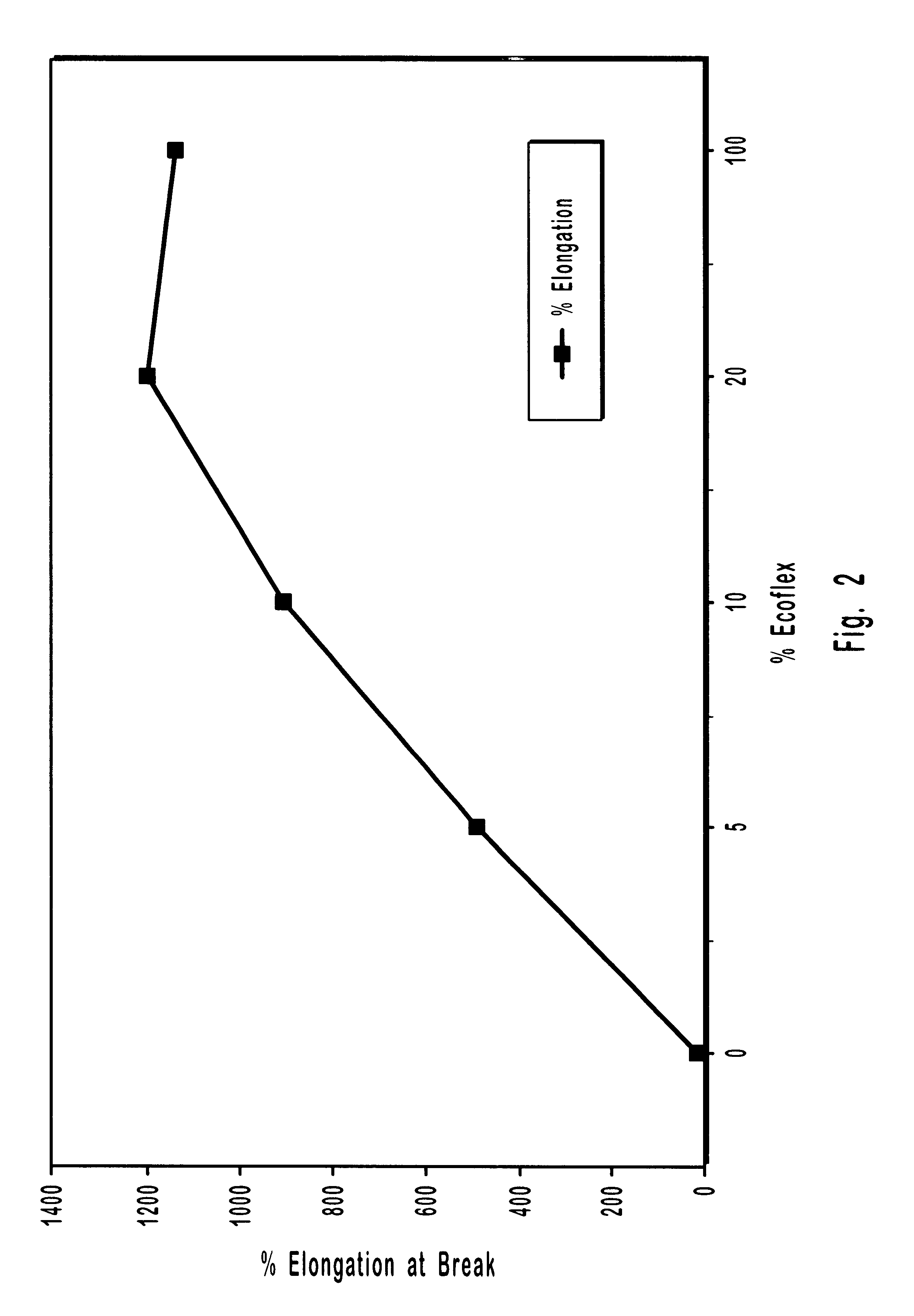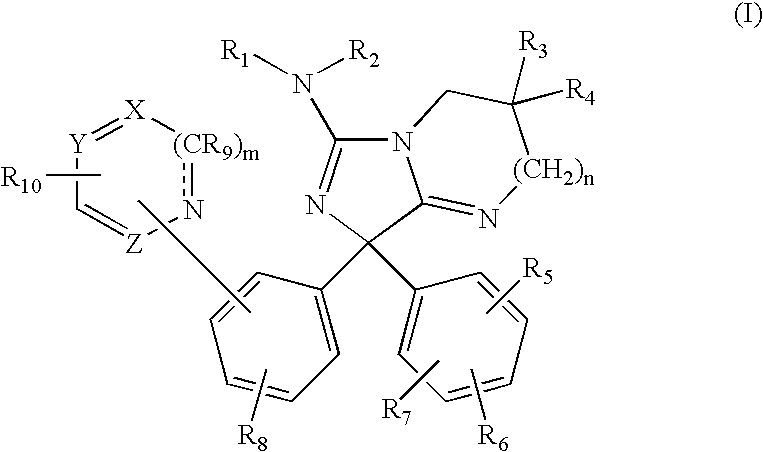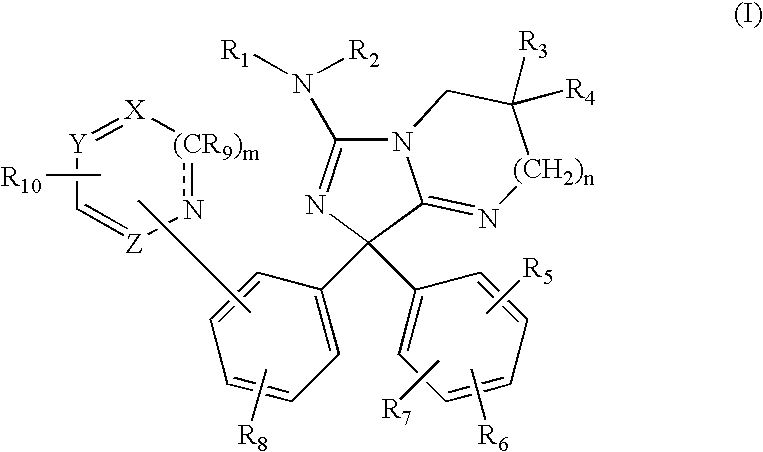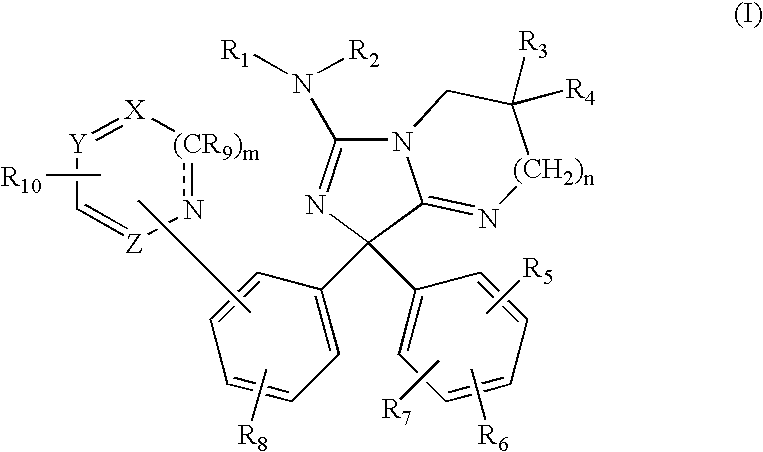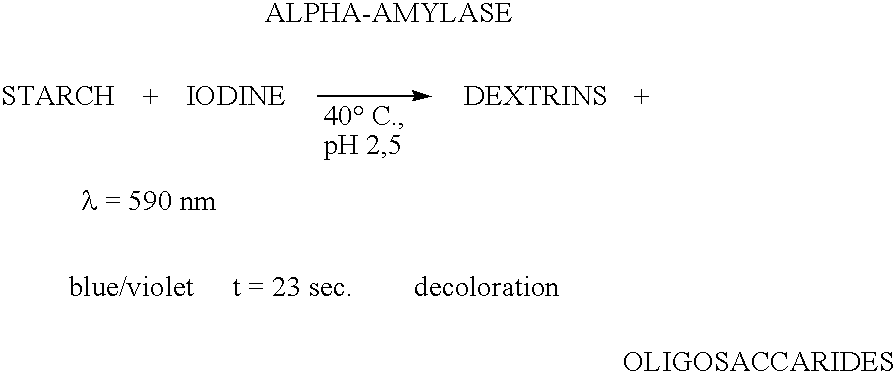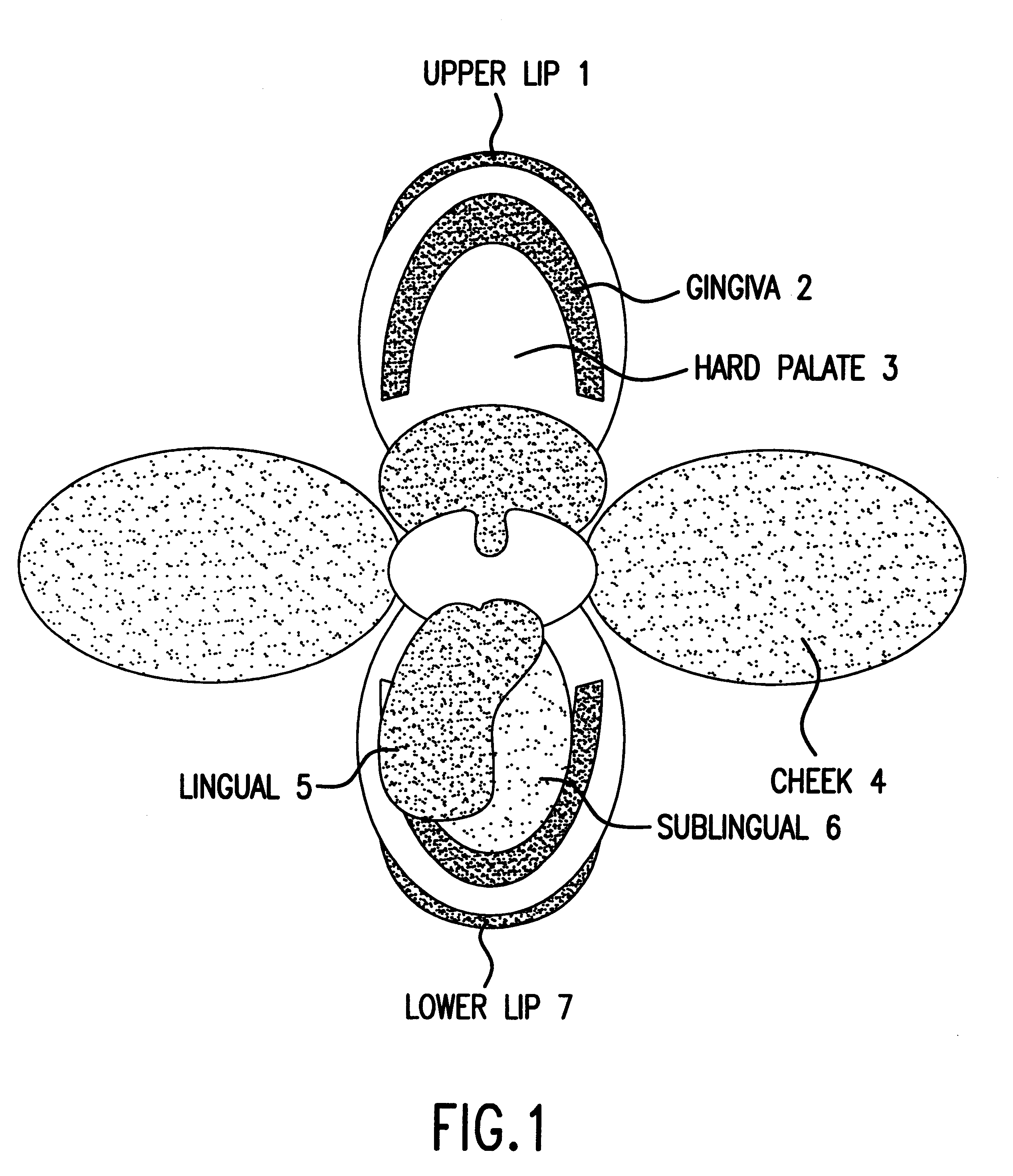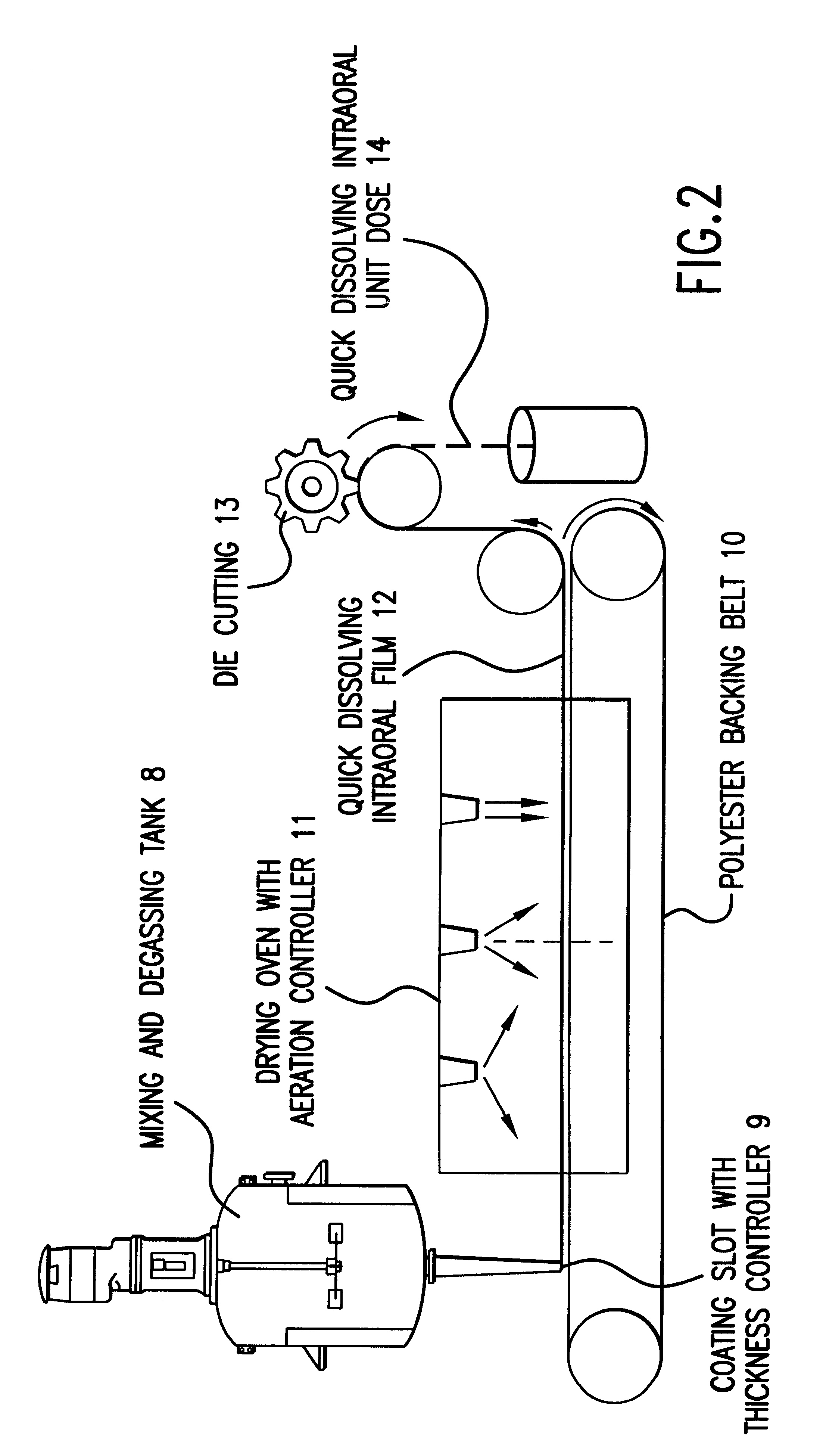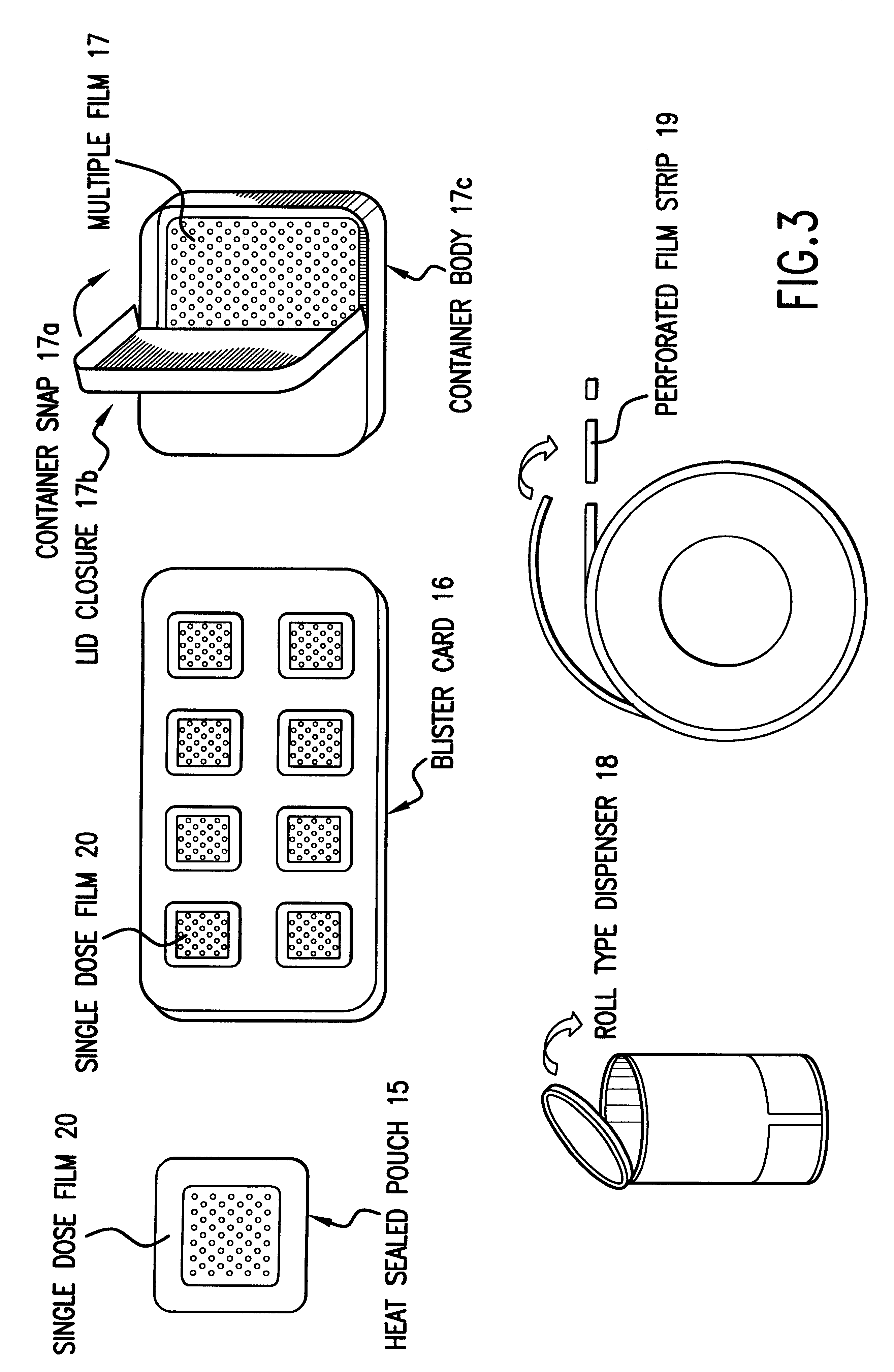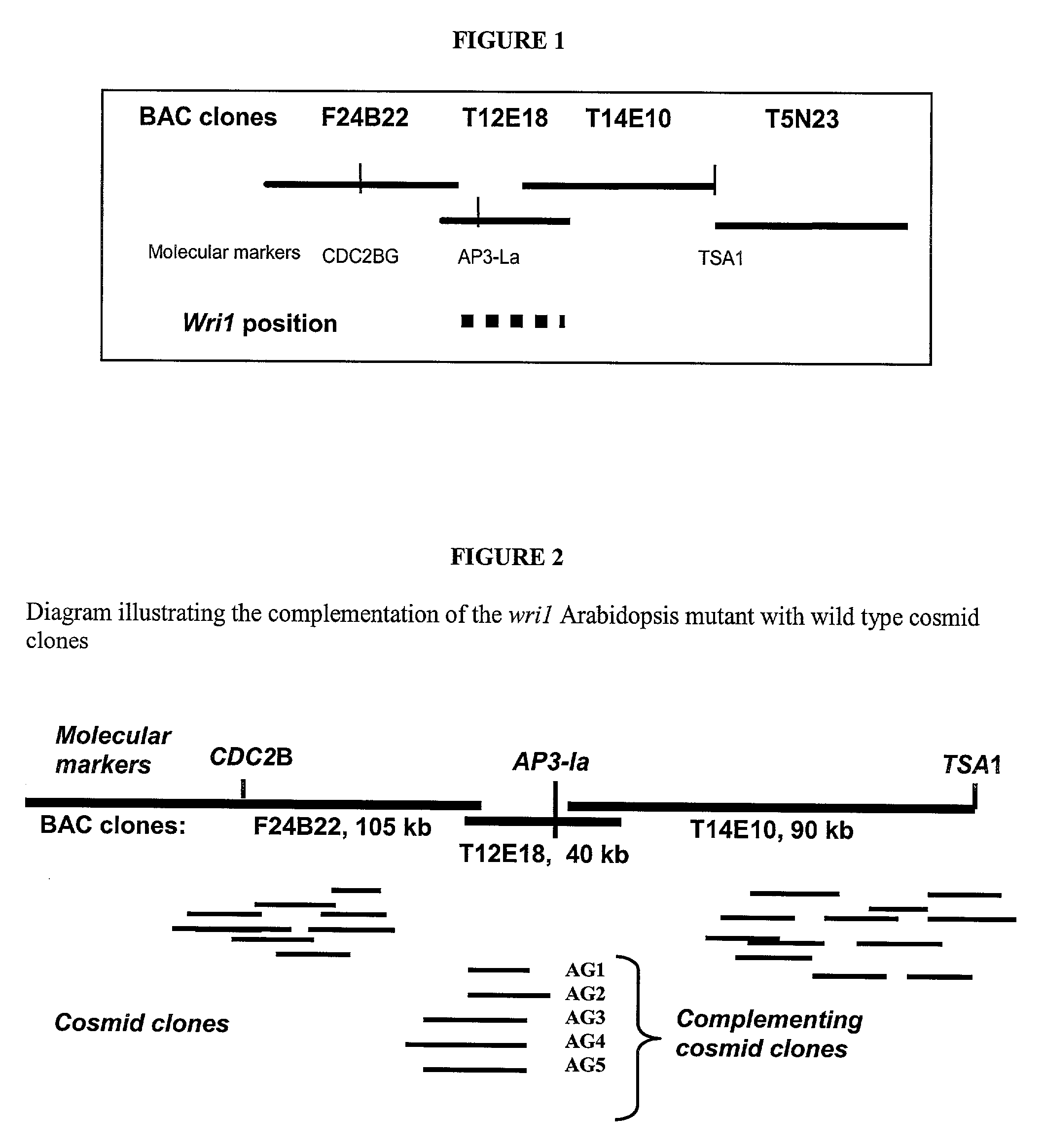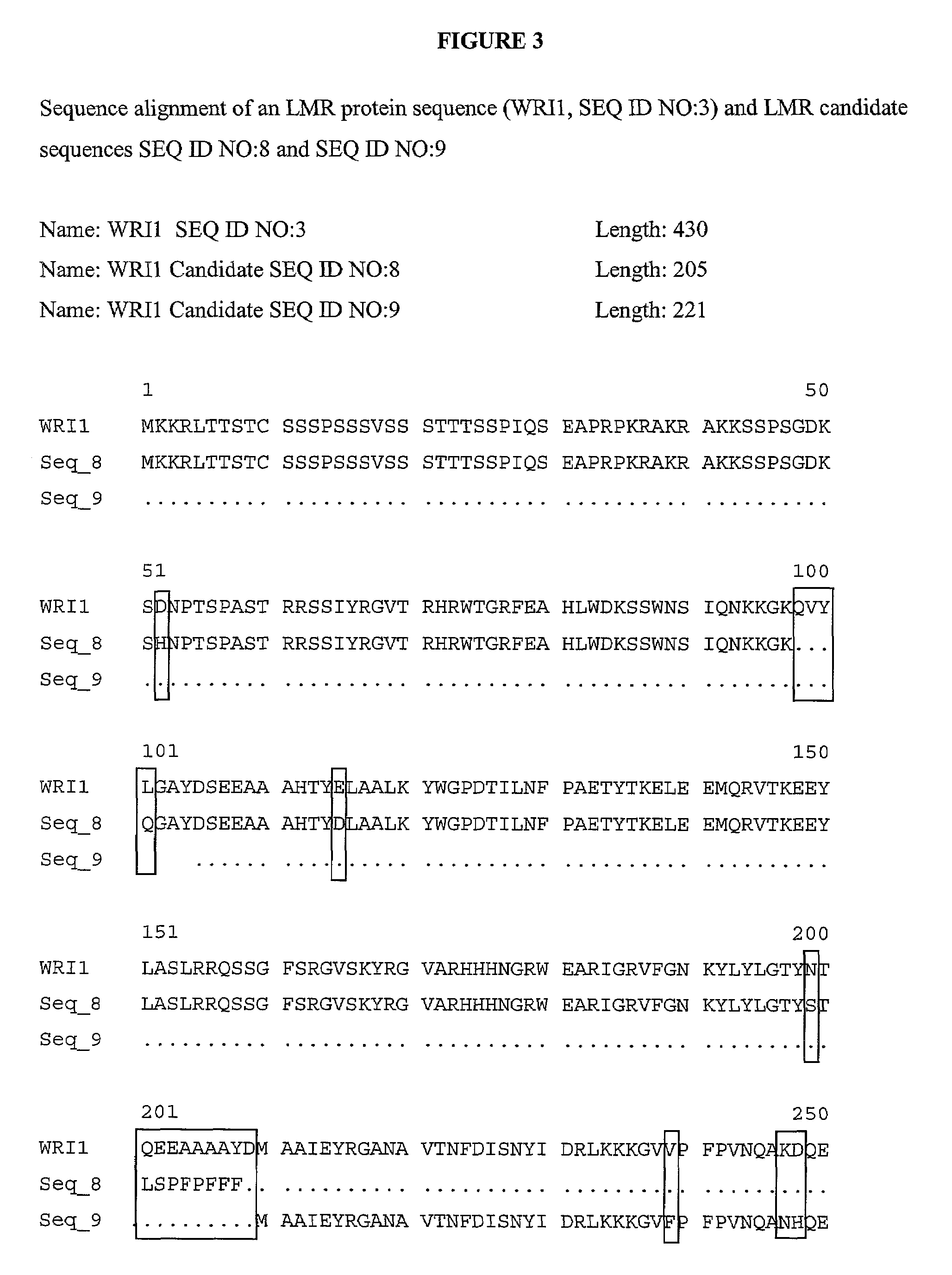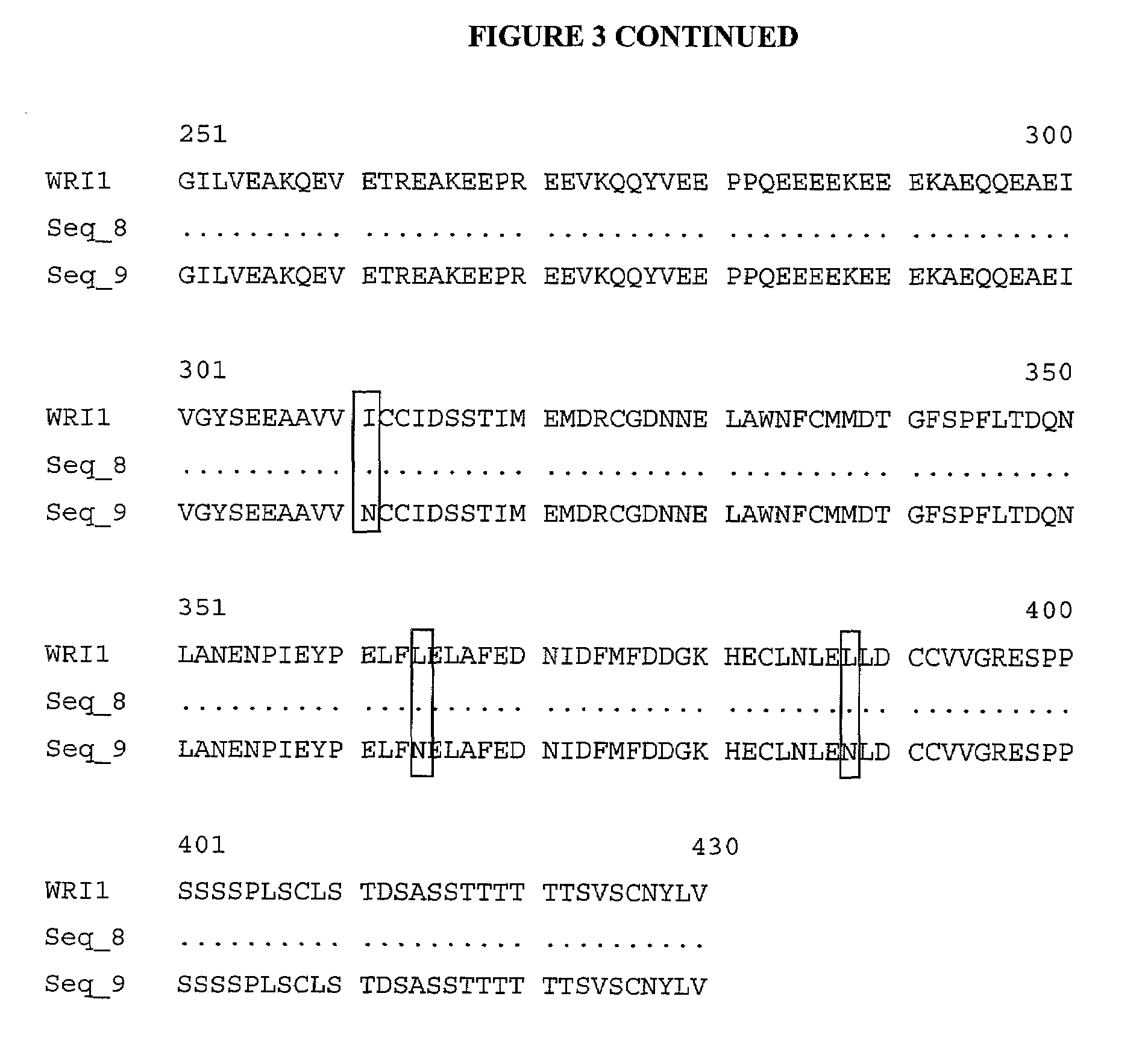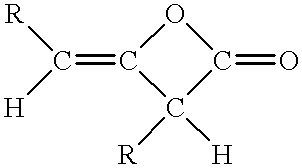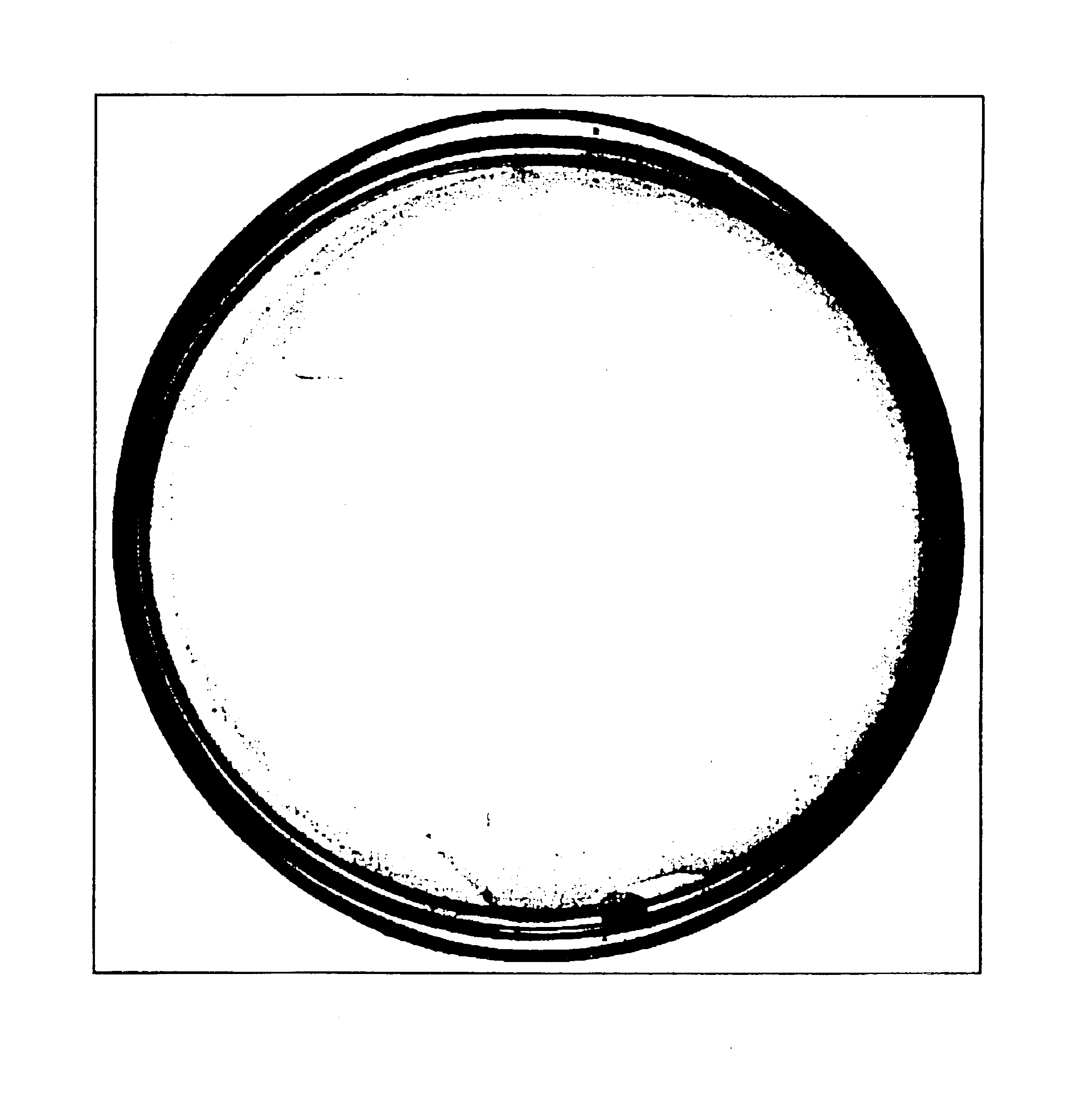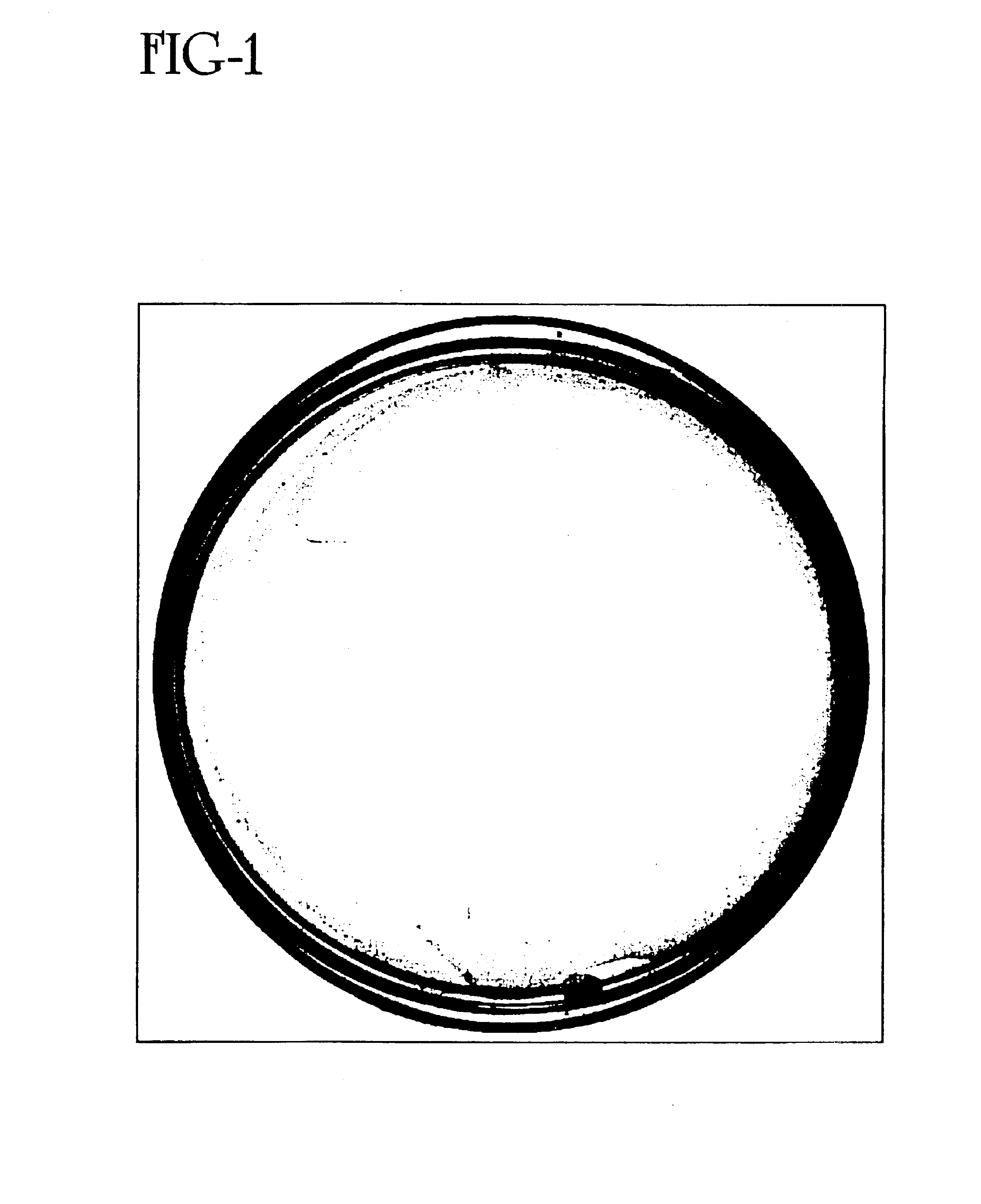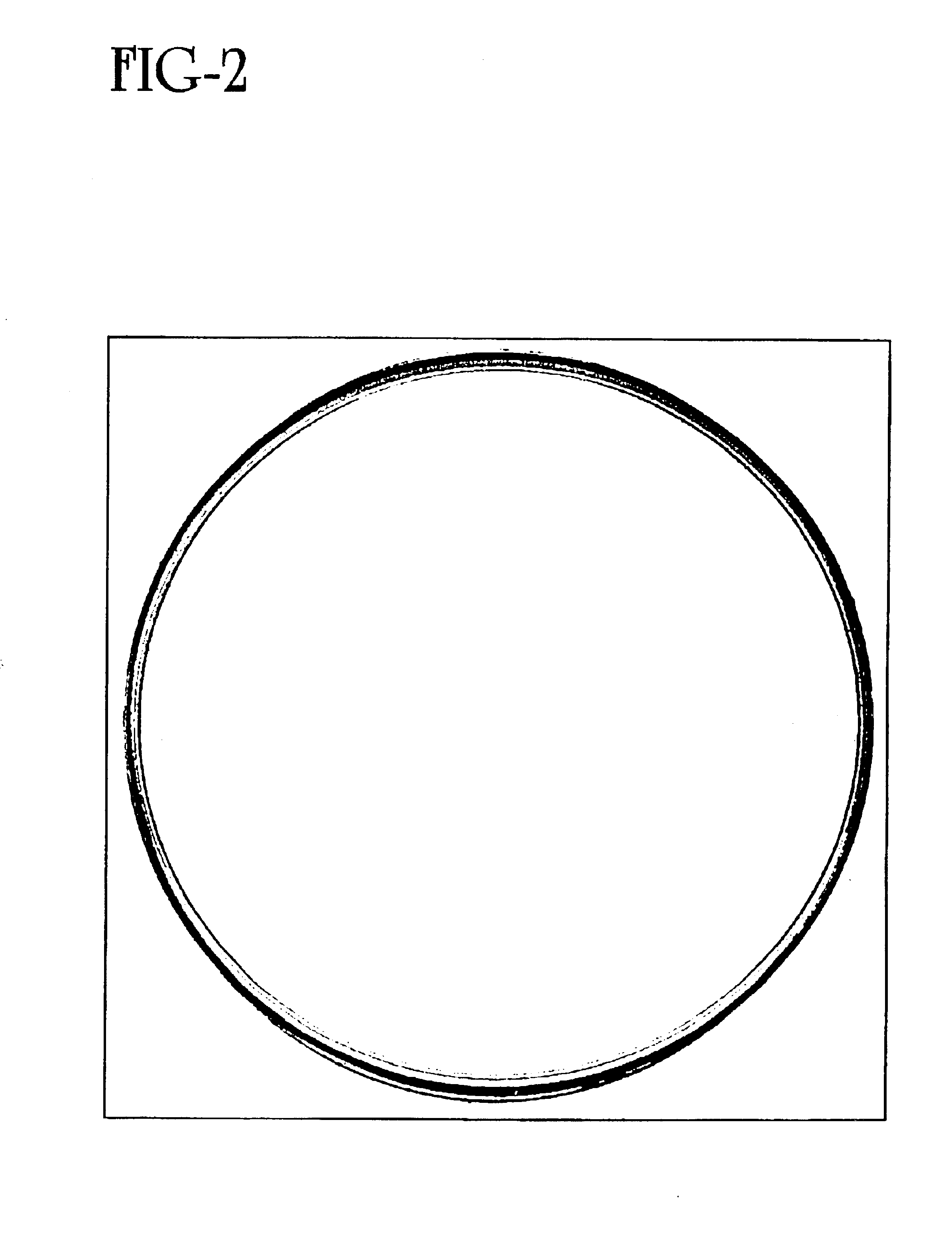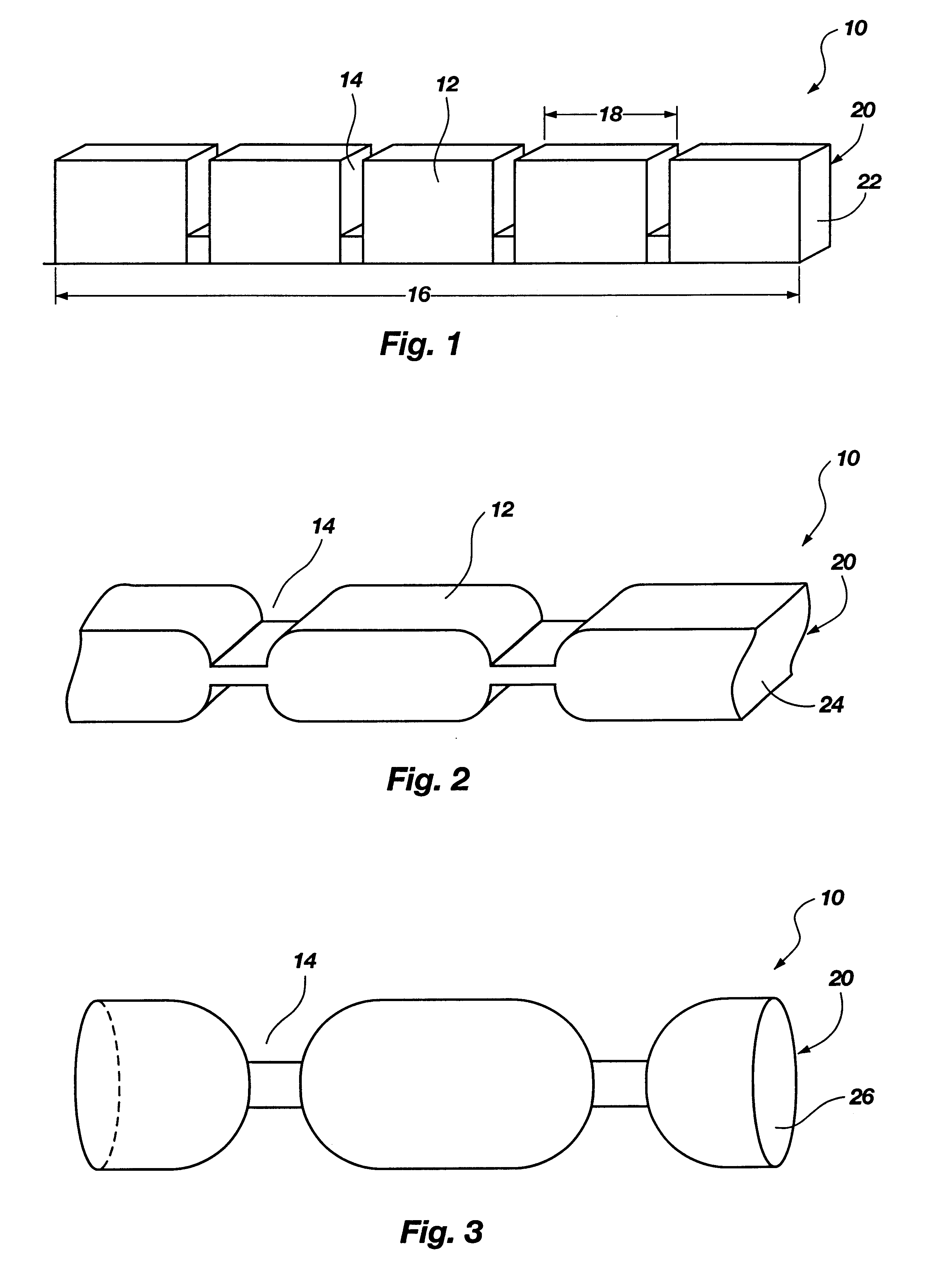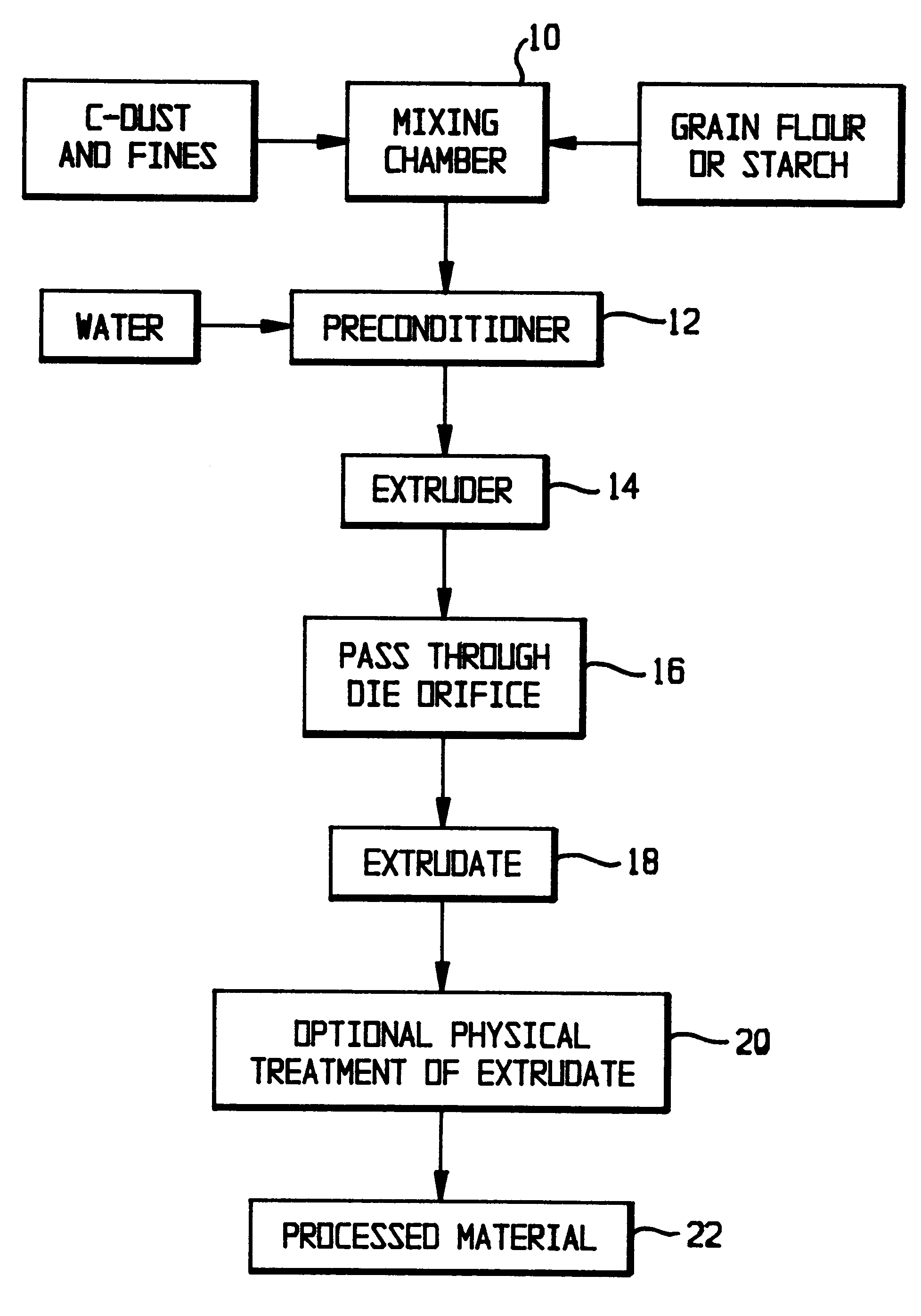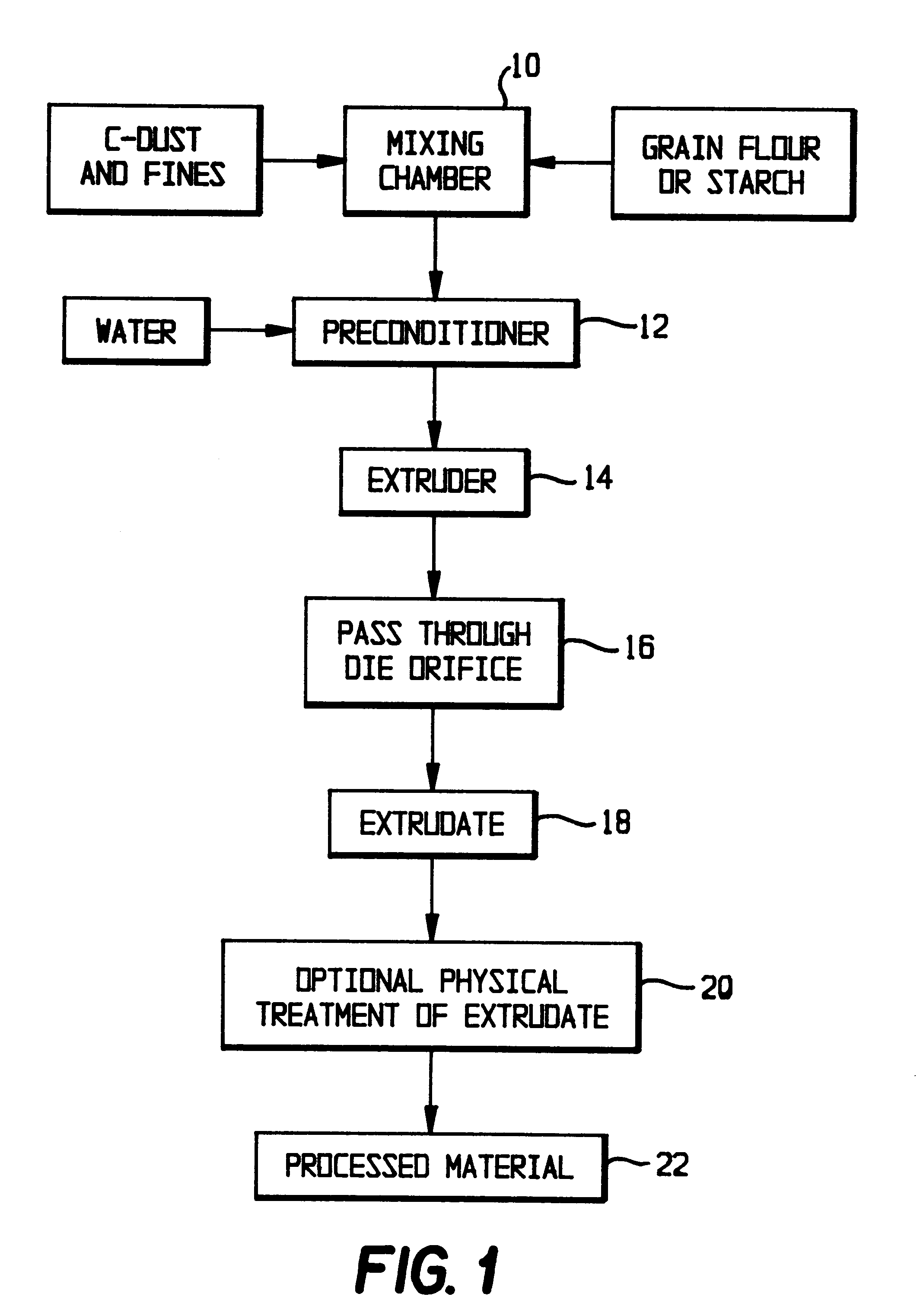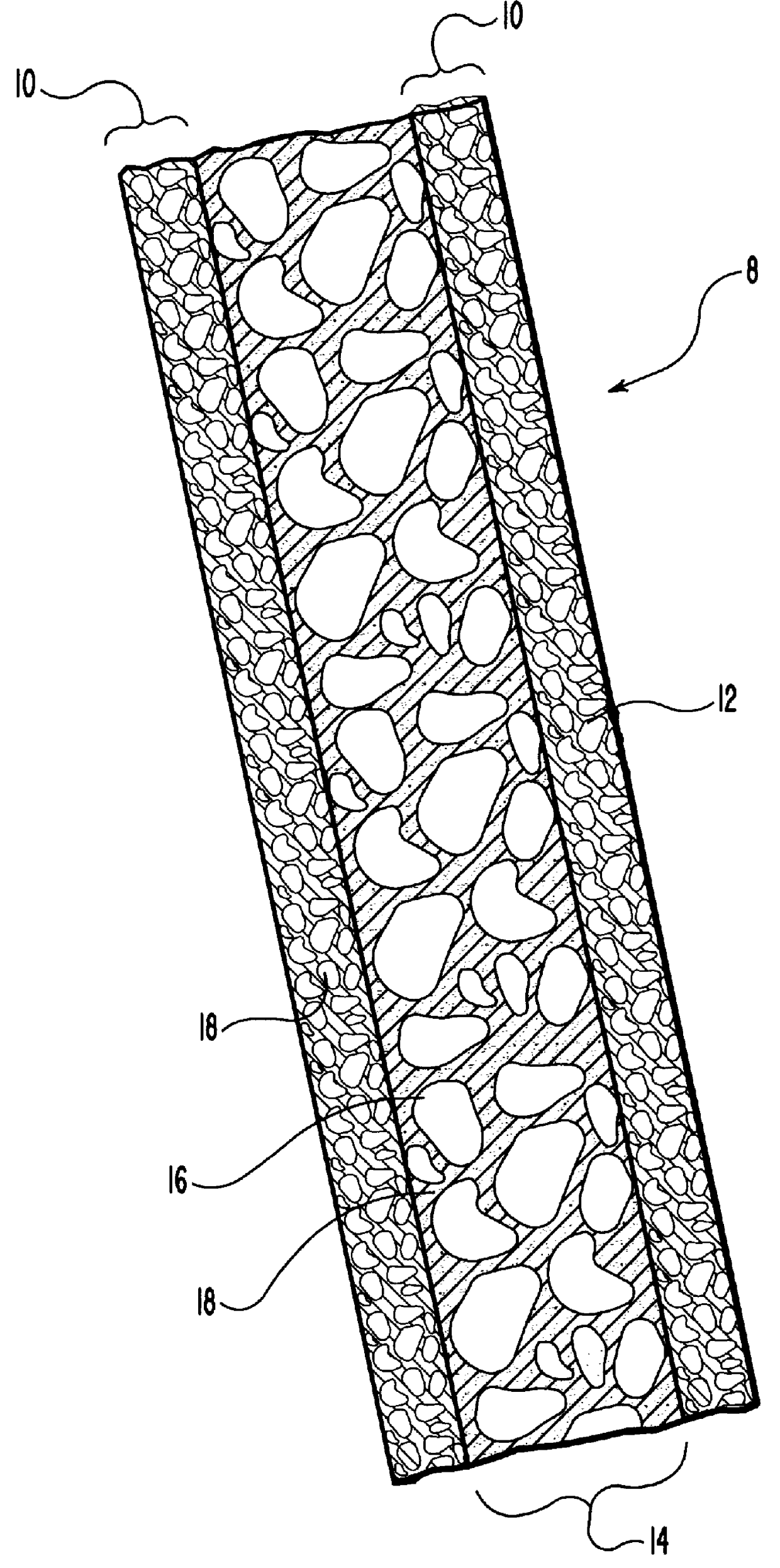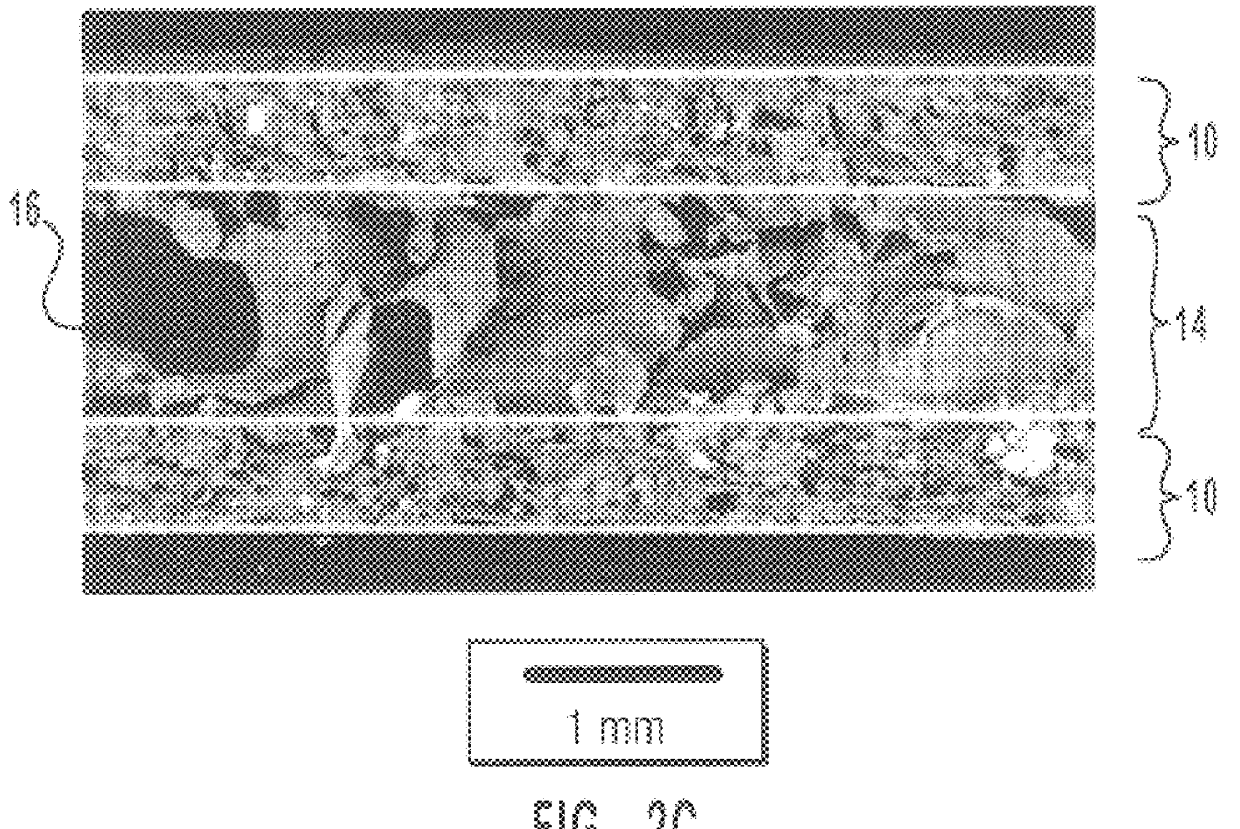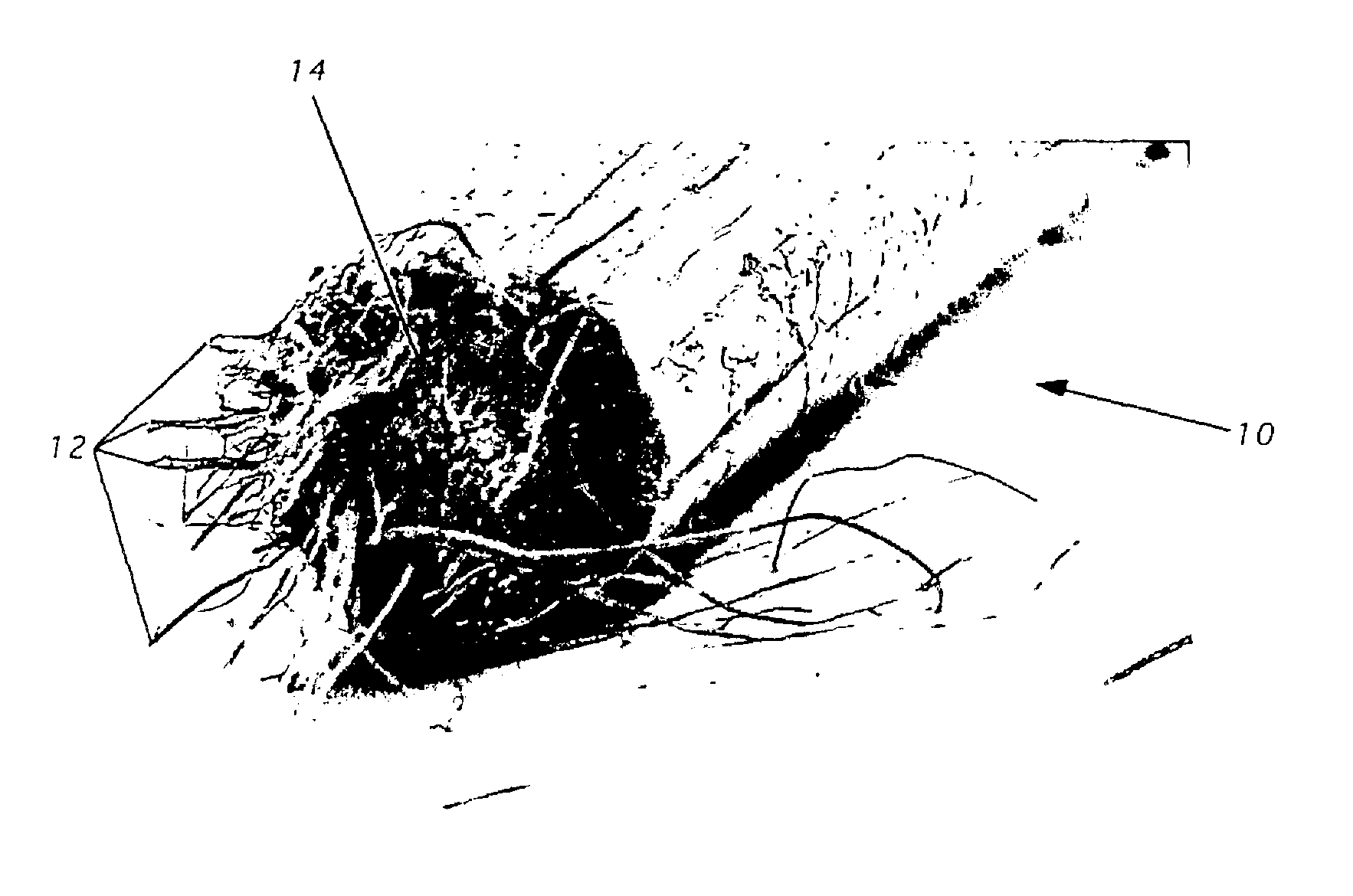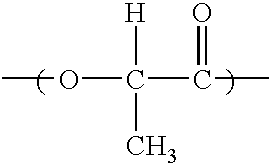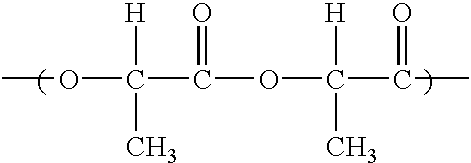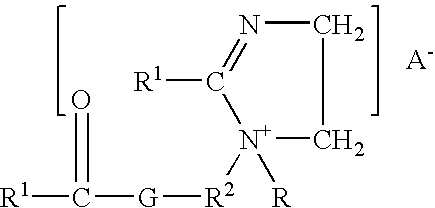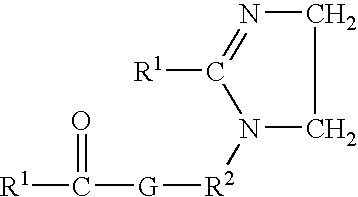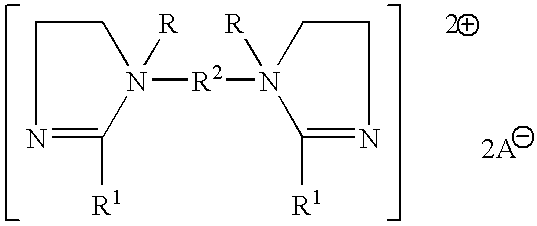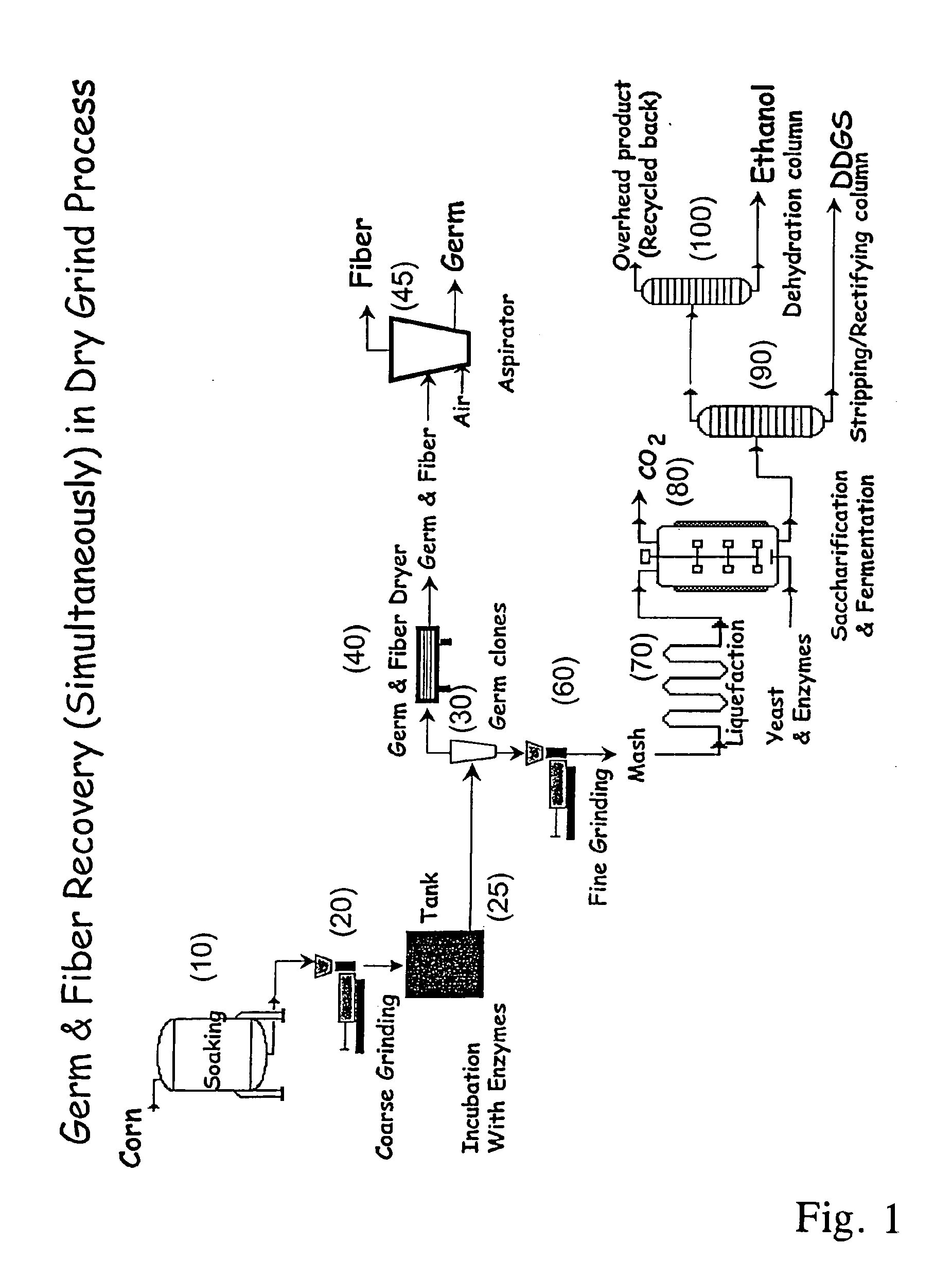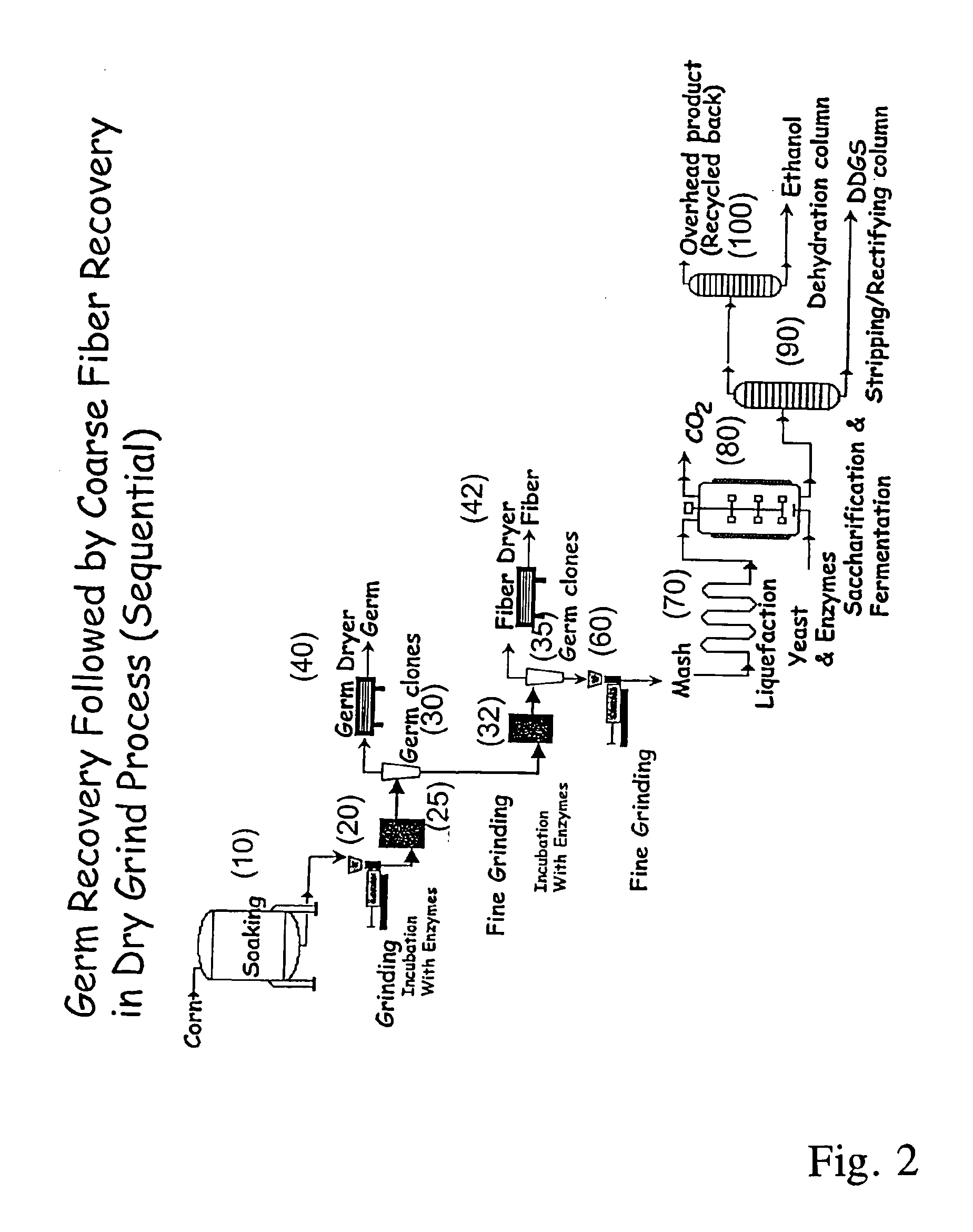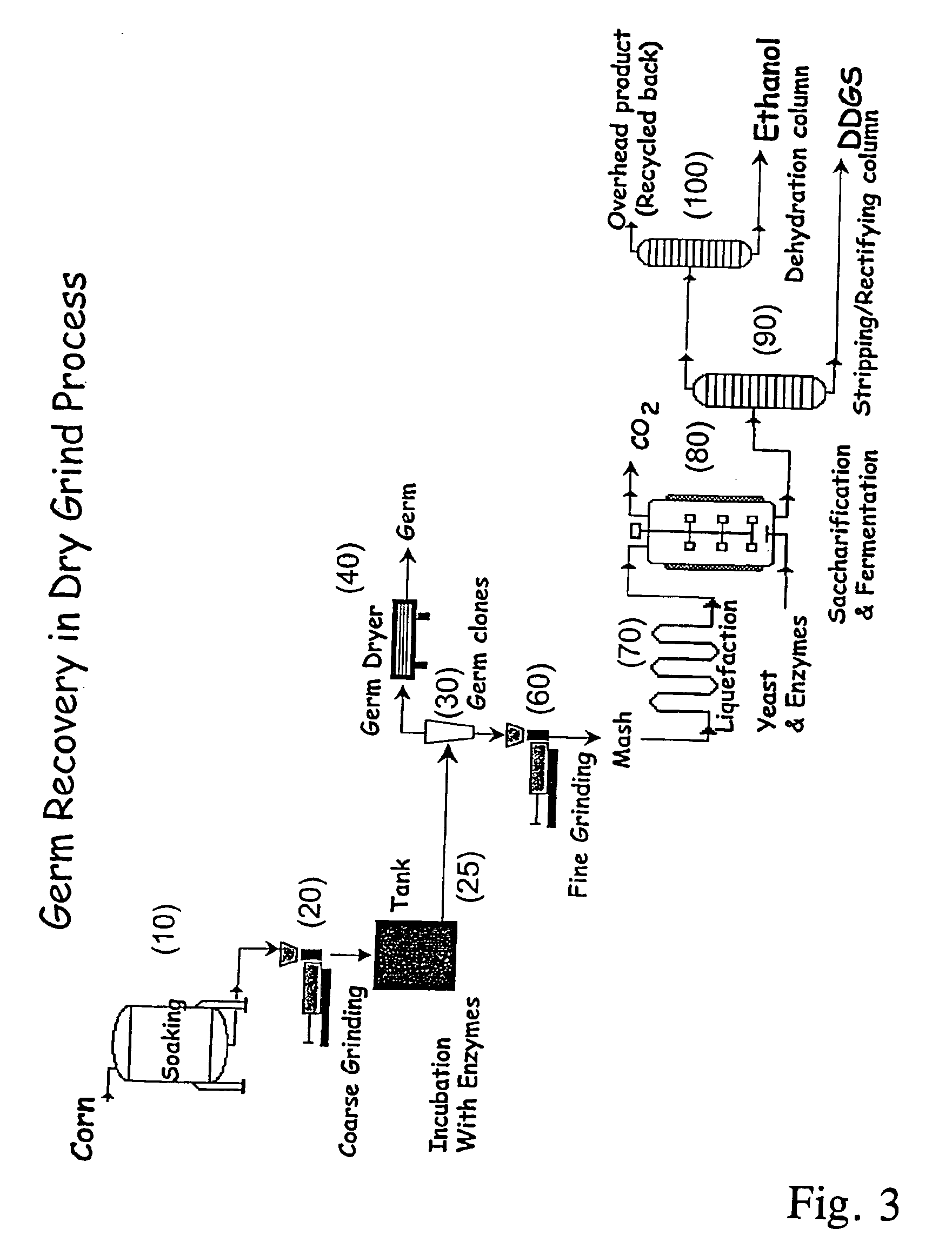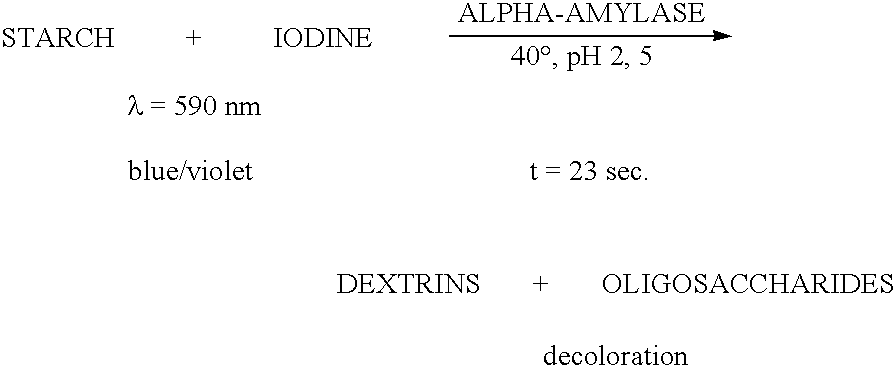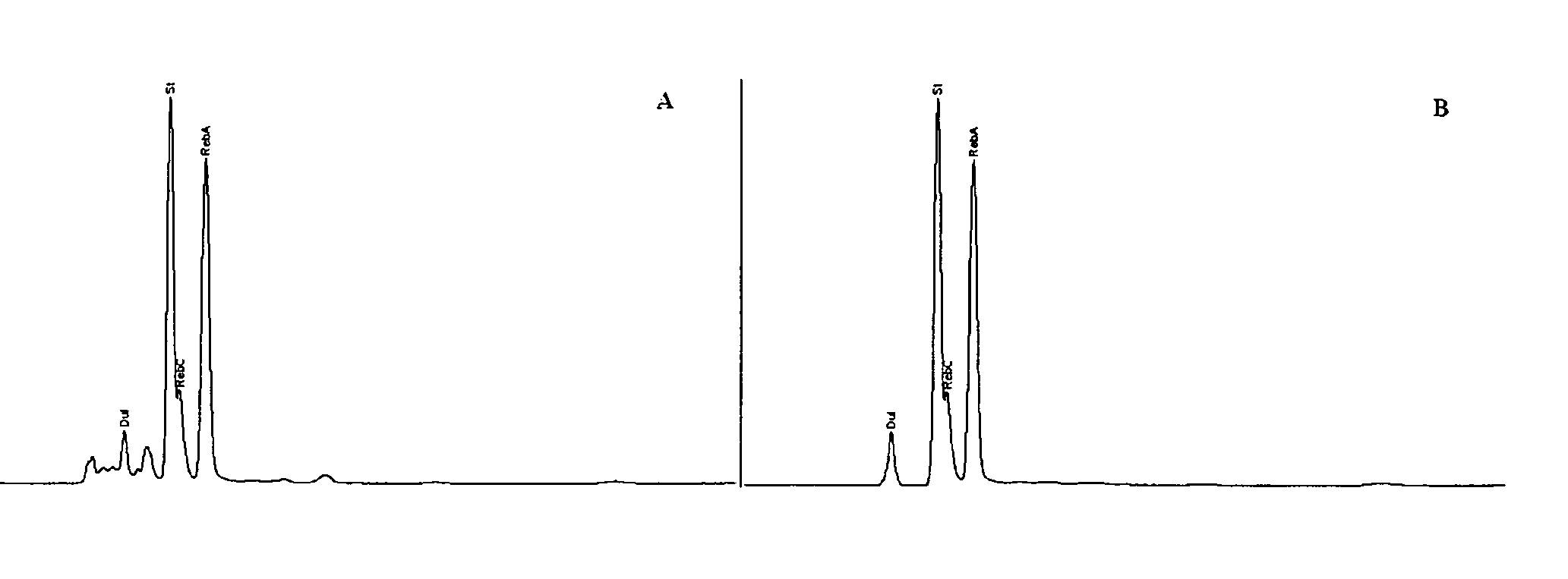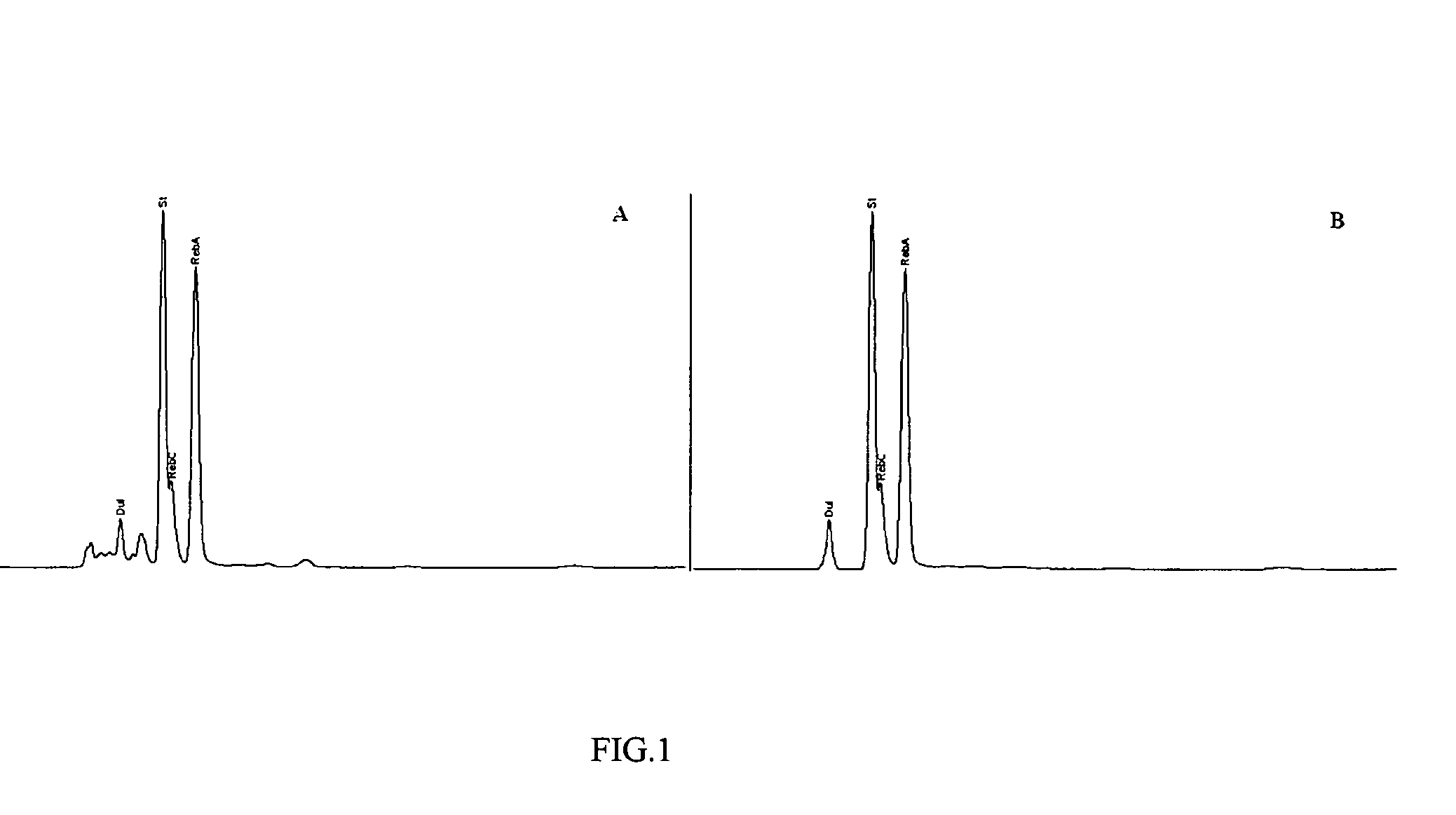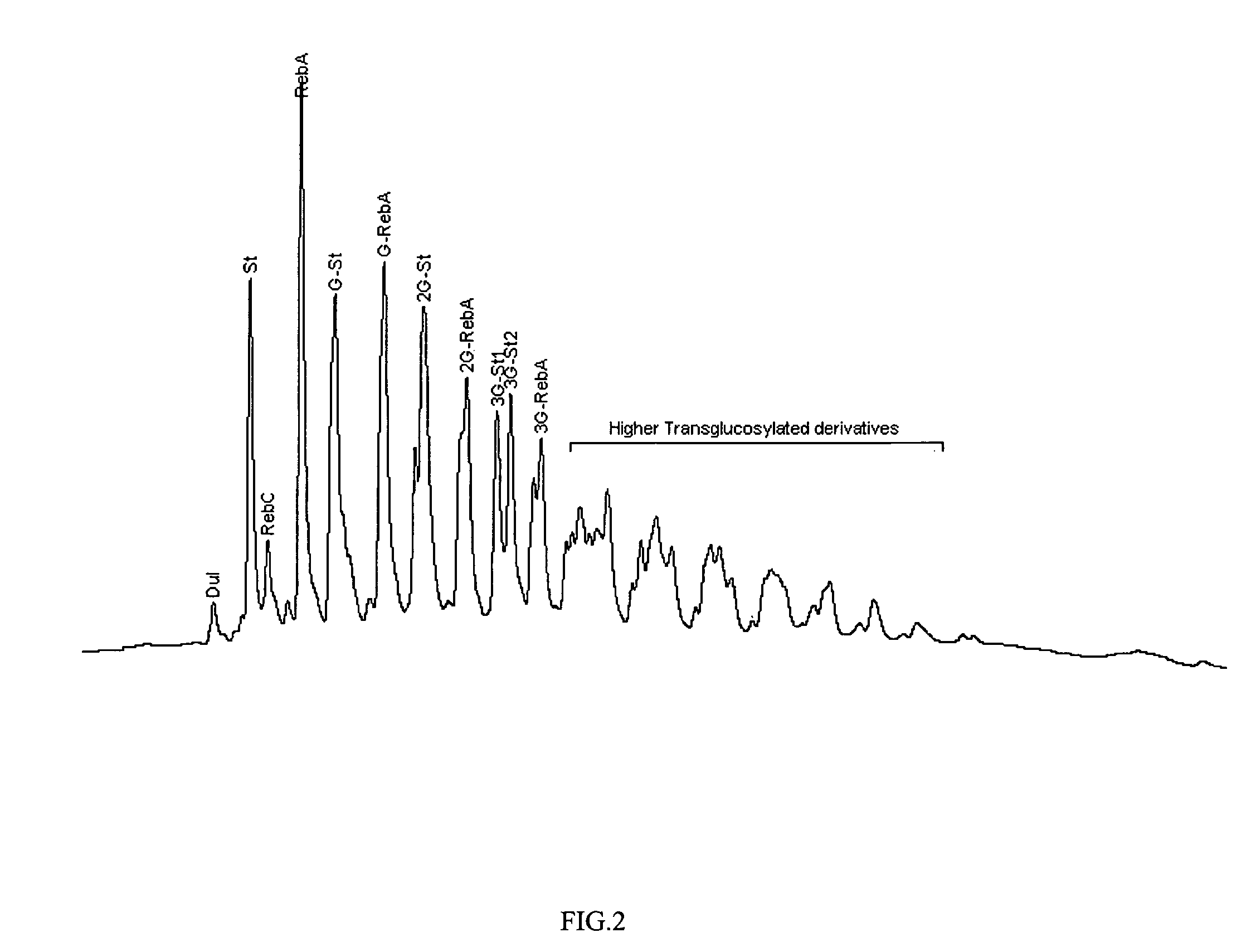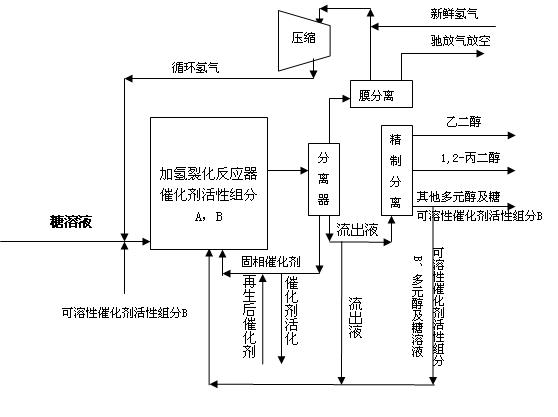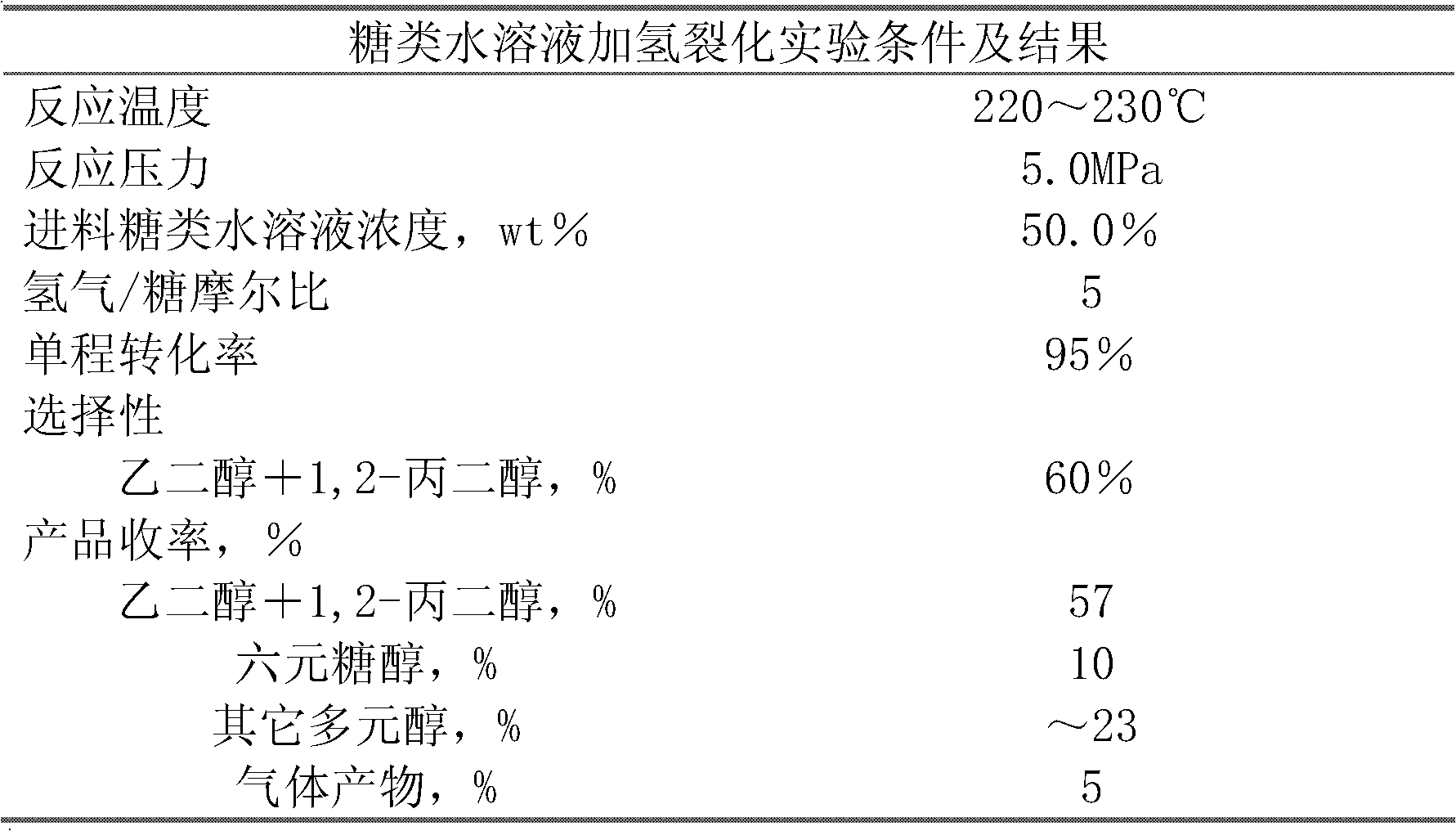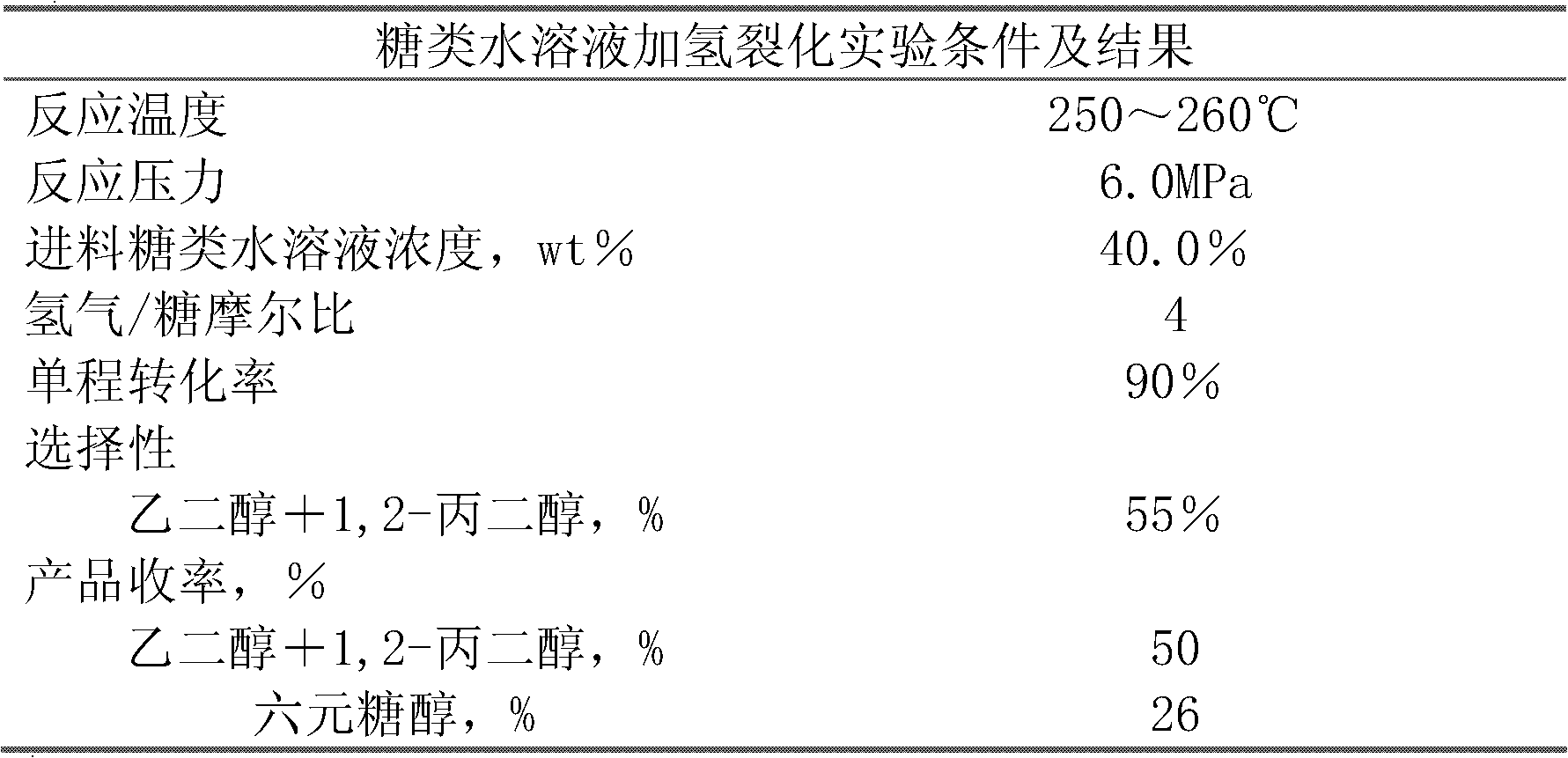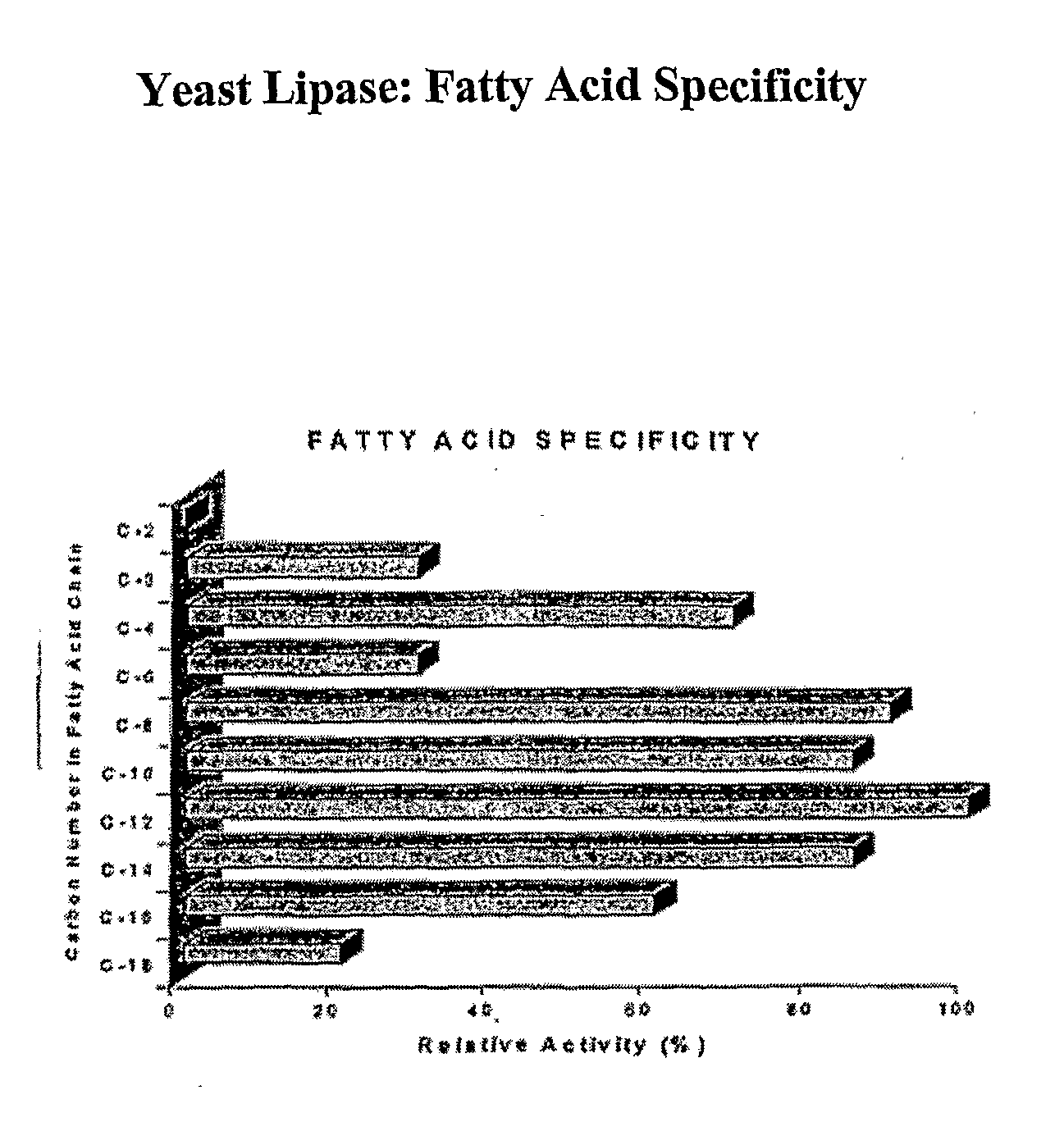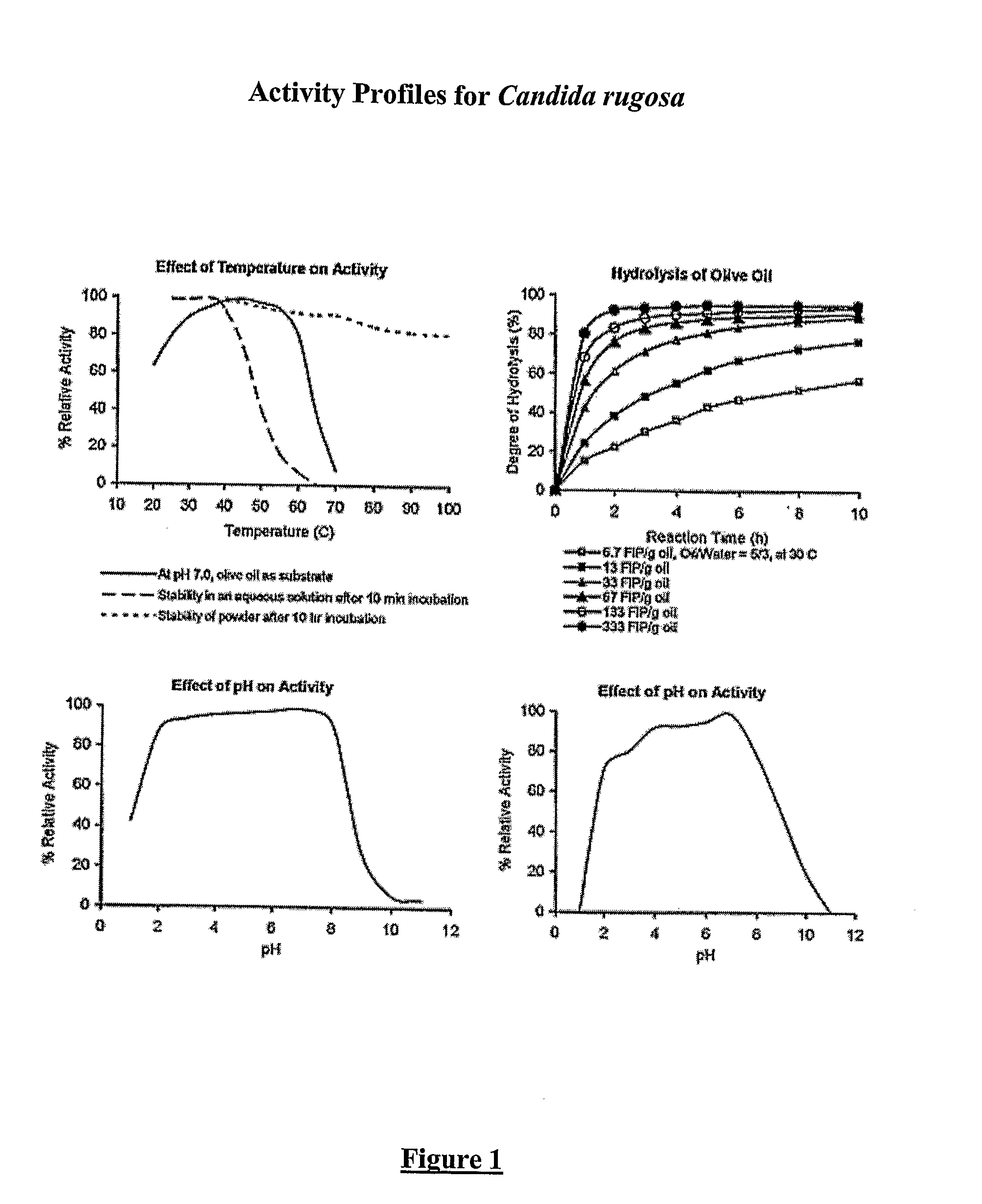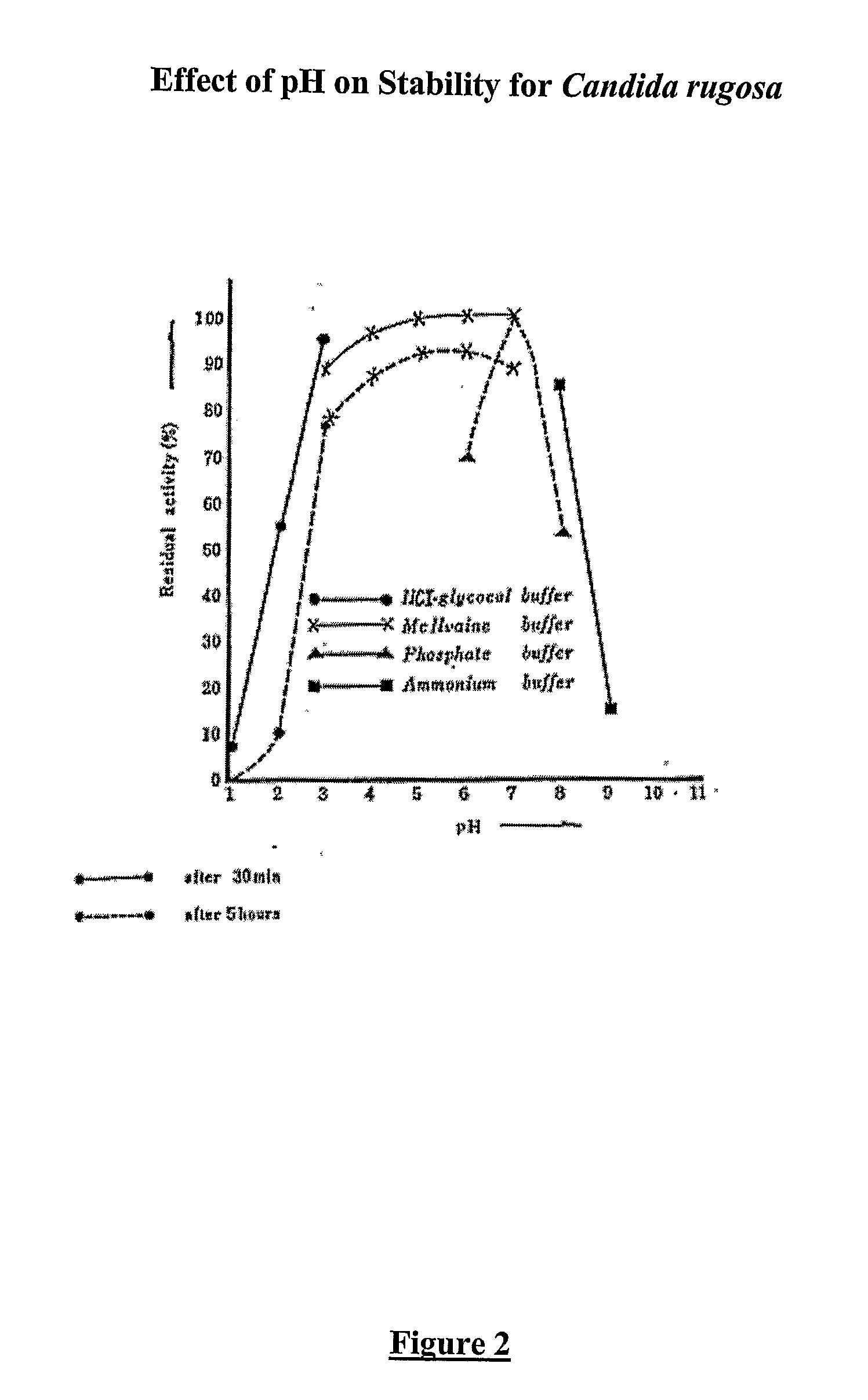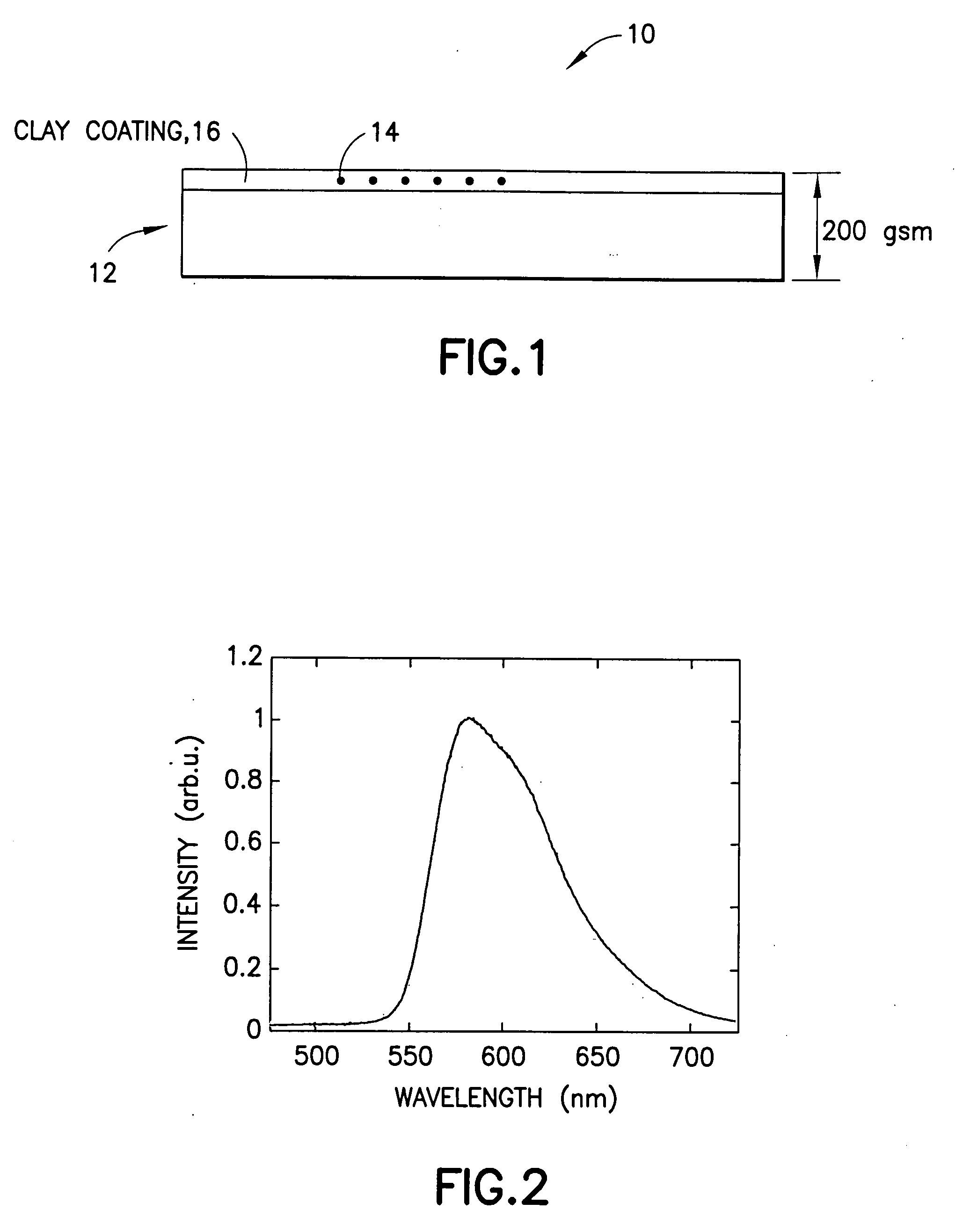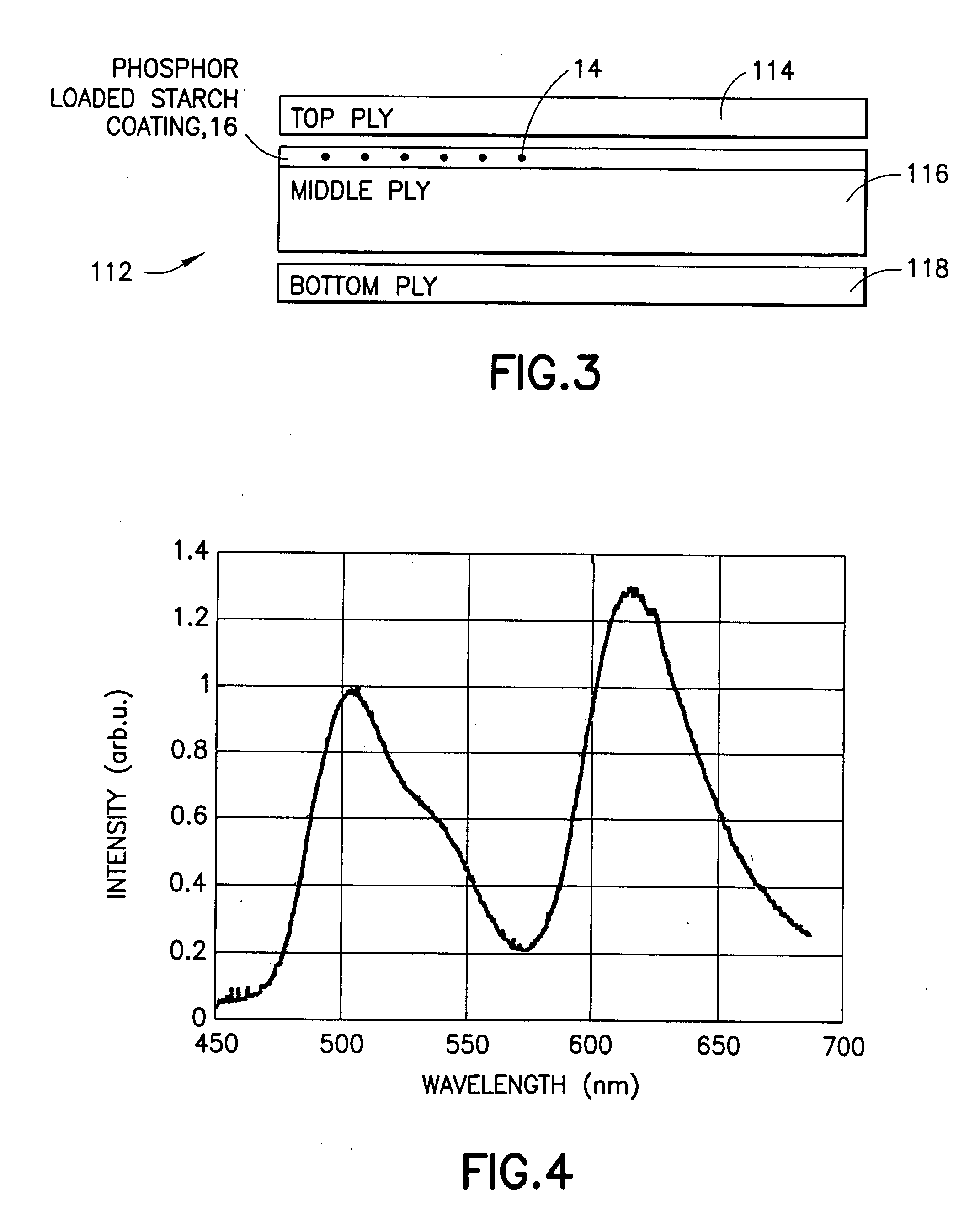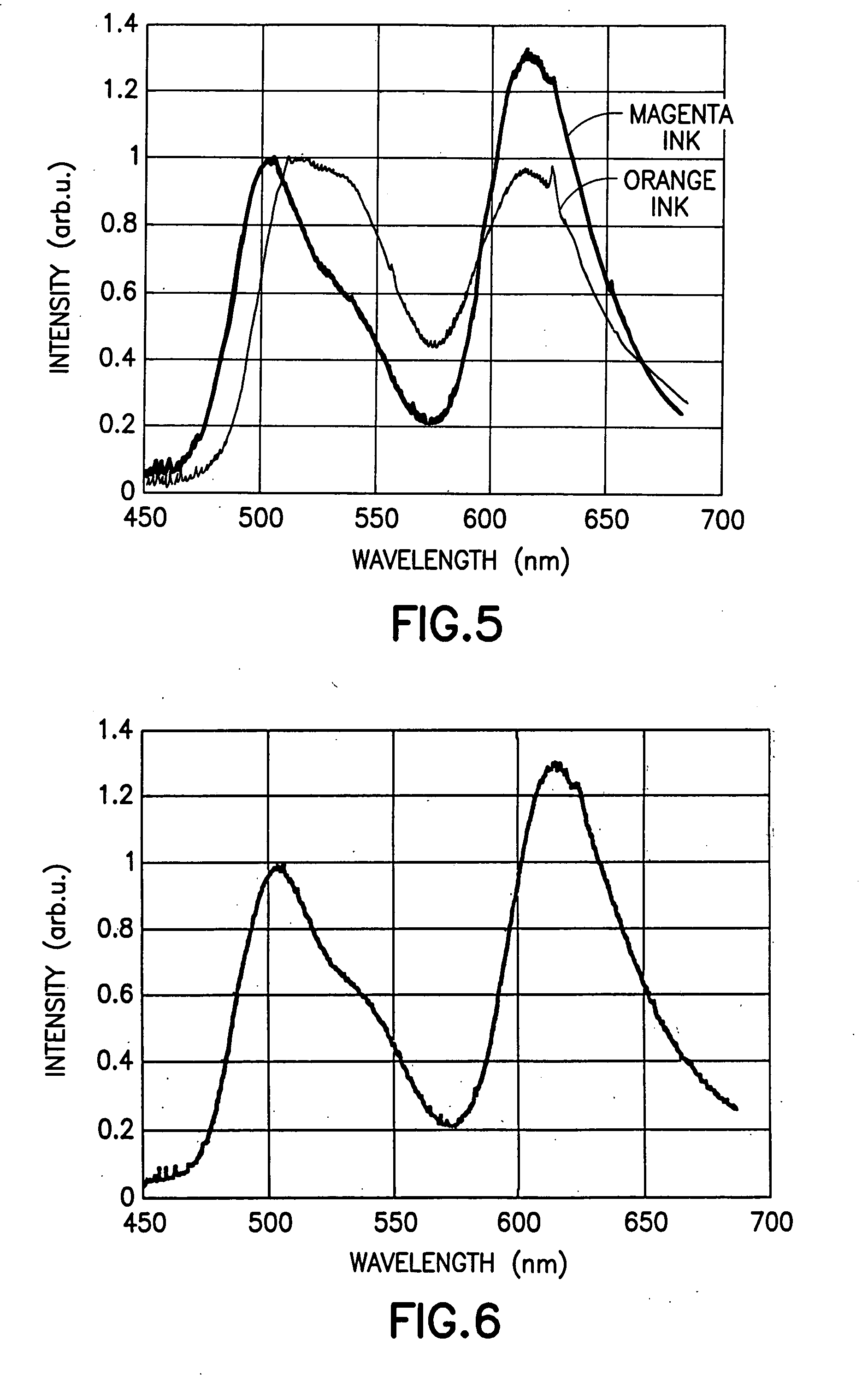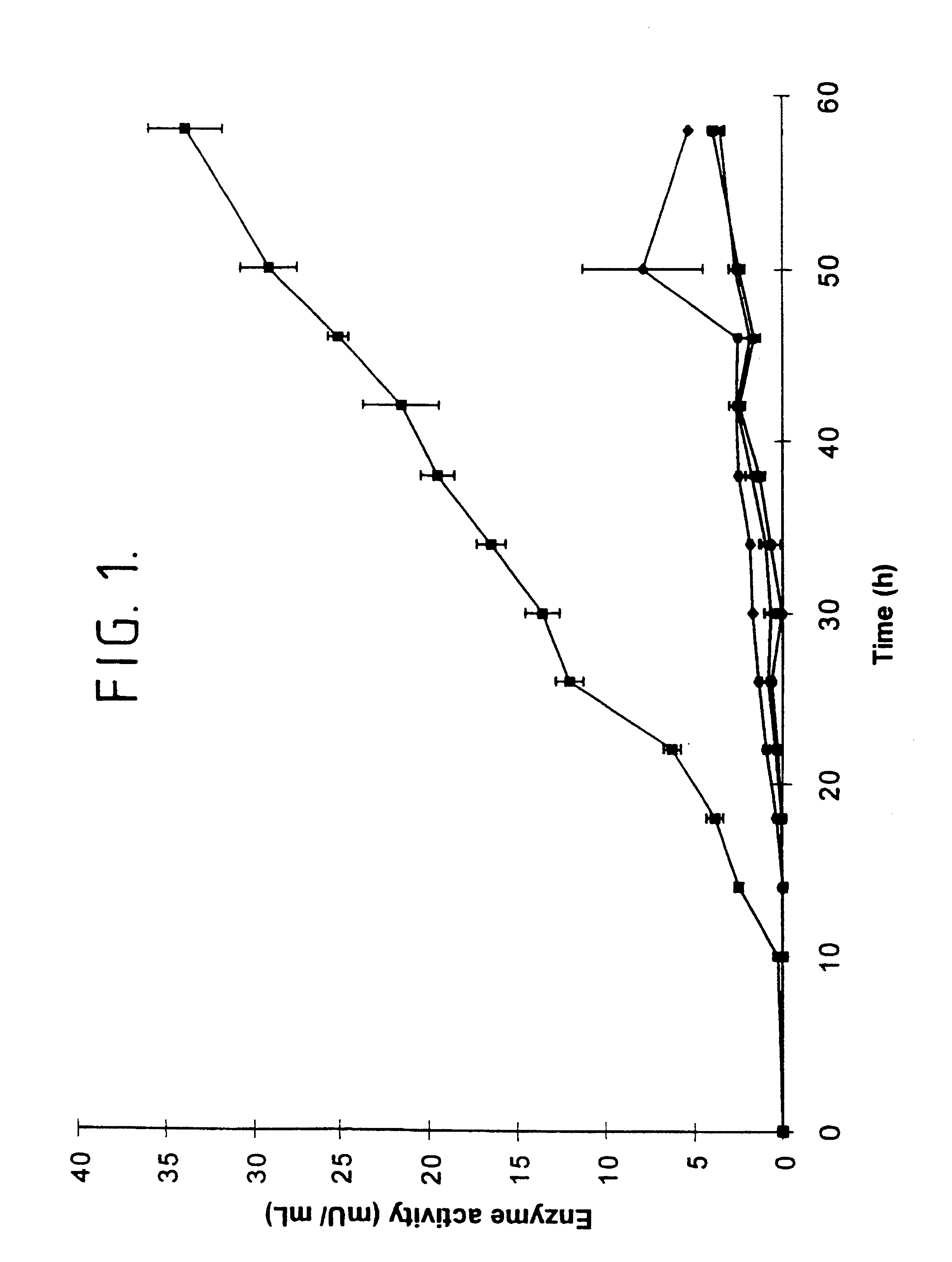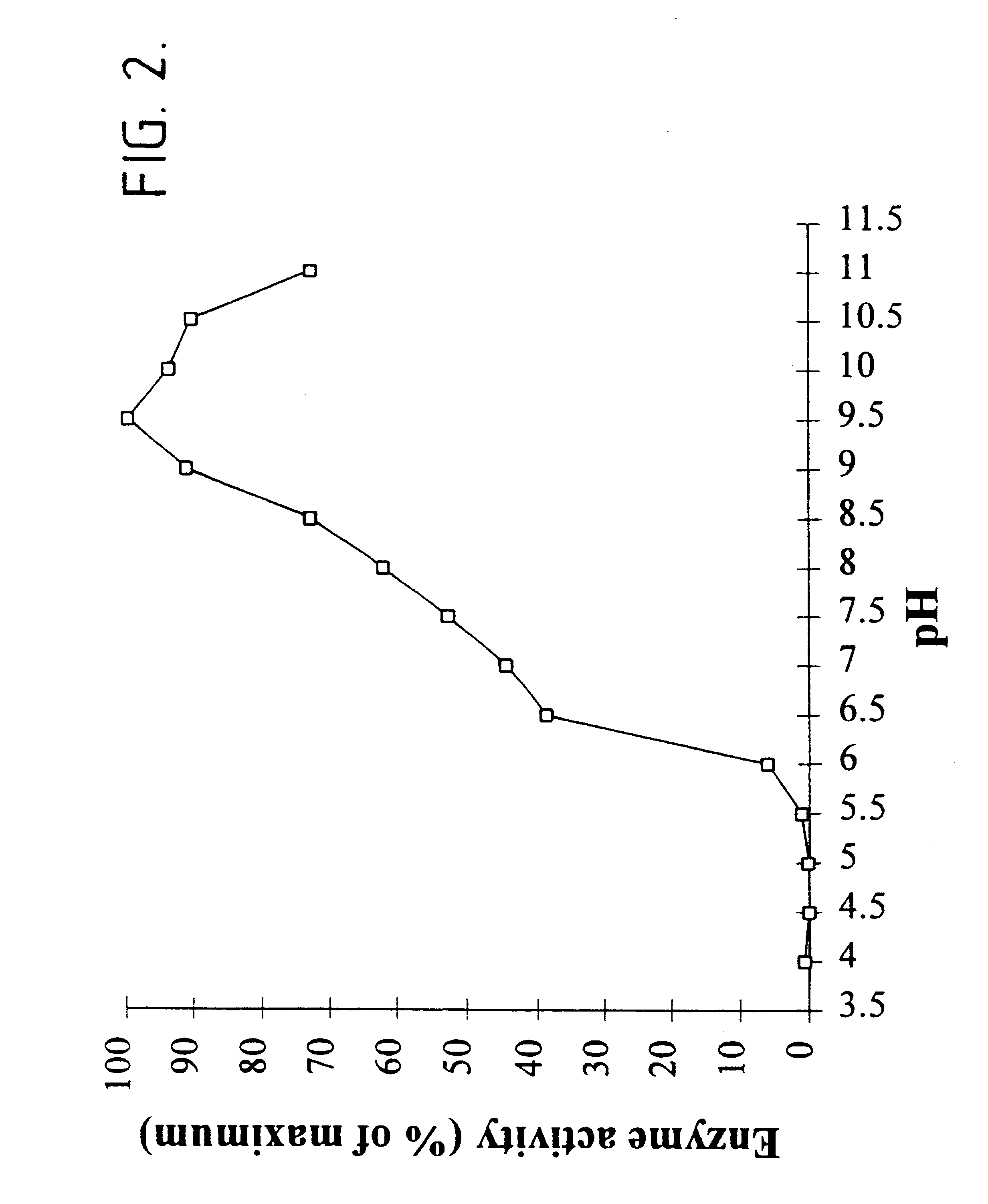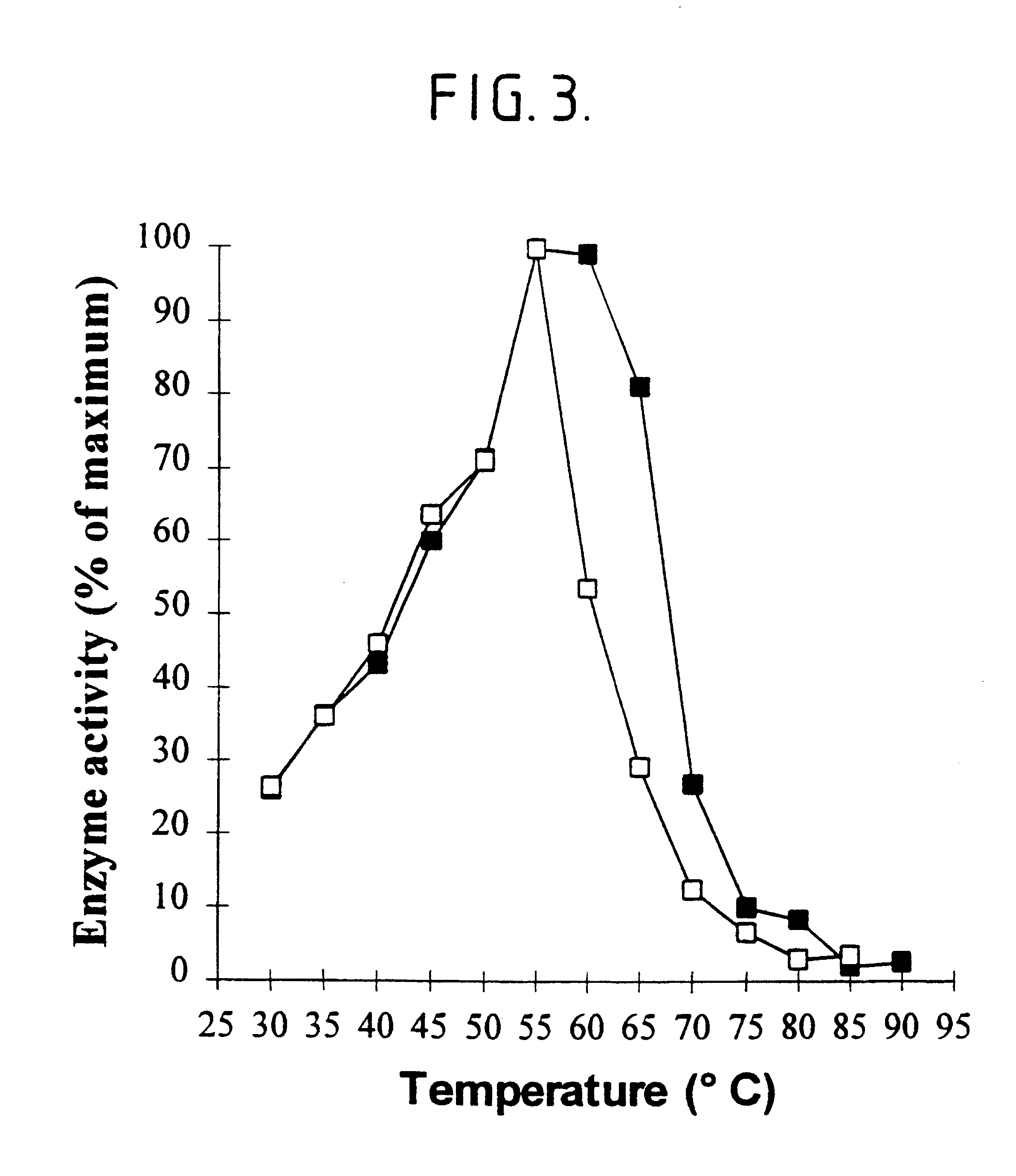Patents
Literature
39230 results about "Starch" patented technology
Efficacy Topic
Property
Owner
Technical Advancement
Application Domain
Technology Topic
Technology Field Word
Patent Country/Region
Patent Type
Patent Status
Application Year
Inventor
Starch or amylum is a polymeric carbohydrate consisting of numerous glucose units joined by glycosidic bonds. This polysaccharide is produced by most green plants as energy storage. It is the most common carbohydrate in human diets and is contained in large amounts in staple foods like potatoes, wheat, maize (corn), rice, and cassava.
Thermoplastic starch compositions incorporating a particulate filler component
InactiveUS6231970B1Reduce molecular weightAvoid hydrolysisProtein adhesivesPaper coatingParticulatesCross-link
Thermoplastic starch compositions that include a particulate filler, e.g. an inorganic filler component, and optional fibrous component The compositions include a thermoplastic phase comprising a thermoplastic starch melt that contains, at a minimum, starch blended with an appropriate plasticizing agent under conditions in order for the starch to form a thermoplastic melt. The thermoplastic phase may also include one or more additional thermoplastic polymers and other optional reactants, liquids or cross-linking agents to improve the water-resistance, strength, and / or other mechanical properties of the thermoplastic melt, particularly upon solidification. The inorganic filler component may affect the mechanical properties but will mainly be added to reduce the cost of the thermoplastic starch compositions by displacing a significant portion of the more expensive starch or starch / polymer melt. Fibers may optionally be included in order to improve the mechanical properties of the thermoplastic starch compositions. The thermoplastic starch compositions may be shaped into a wide variety of useful articles, such as sheets, films, containers, and packaging materials. Because the thermoplastic starch compositions will typically include a thermoplastic phase that is biodegradable, and because the other components will either constitute a naturally occurring mineral and optionally a natural fiber, the overall composition will typically be more environmentally friendly compared to conventional thermoplastic materials.
Owner:BIO TEC BIOLOGISCHE NATURVERPACKUNGEN
Biodegradable polymer films and sheets suitable for use as laminate coatings as well as wraps and other packaging materials
Biodegradable polymer blends suitable for laminate coatings, wraps and other packaging materials manufactured from at least one "hard" biopolymer and at least one "soft" biopolymer. "Hard" biopolymers tend to be more brittle and rigid and typically have a glass transition temperature greater than about 10° C. "Soft" biopolymers tend to be more flexible and pliable and typically have a glass transition temperature less than about 0° C. While hard and soft polymers each possess certain intrinsic benefits, certain blends of hard and soft polymers have been discovered which possess synergistic properties superior to those of either hard or soft polymers by themselves. Biodegradable polymers include polyesters, polyesteramides and thermoplastically processable starch. The polymer blends may optionally include an inorganic filler. Films and sheets made from the polymer blends may be textured so as to increase the bulk hand feel. Wraps will typically be manufactured so as to have good "dead-fold" properties so as to remain in a wrapped position and not spring back to an "unwrapped" and planar form. Laminate films will typically have good water vapor barrier properties as measured by the their Water Vapor Permeability Coefficient (WVPC).
Owner:BIO TEC BIOLOGISCHE NATURVERPACKUNGEN
Diphenylimidazopyrimidine and -imidazole amines as inhibitors of beta-secretase
InactiveUS20050282826A1Elevated β-amyloid levelTreatment, prevention or amelioration of a disease orBiocideNervous disorderGreek letter betaMedicine
The present invention provides a compound of formula I and the use thereof for the therapeutic treatment, prevention or amelioration of a disease or disorder characterized by elevated β-amyloid deposits or β-amyloid levels in a patient.
Owner:WYETH
Enzymes for starch processing
InactiveUS20050054071A1Increased acid alpha-amylase activityImprove enzyme stabilitySugar derivativesBacteriaBiotechnologyCarbohydrate-binding protein
The present invention relates to a hybrid enzyme comprising carbohydrate-binding module amino acid sequence and a fungal alpha-amylase amino acid sequence and to a variant of a fungal wild type enzyme comprising a carbohydrate-binding module and an alpha-amylase catalytic module. The invention also relates to the use of the hybrid enzyme or the variant in starch liquefaction.
Owner:NOVOZYMES AS +1
Compositions and methods for mucosal delivery
Mucosal surface-coat-forming film dosage units containing a water-soluble hydrocolloid, an effective dose of an active agent and a mucosal adhesion enhancer; wherein the active agent is encapsulated within a polymer which is chemically or physically distinct from the hydocolloid; wherein the mucosal adhesion enhancer is a starch graft copolymer; wherein the film exhibits a dry tack value of less than 3.5 g, a wet tack of greater than 35 g, a gelation temperature that is greater than 70° C. for a 2% polymer solution, a dry film thickness of less than 20 mil, a water content of 0.5 to 10%, a tensile strength greater than 1500 psi, a modulus in the range of 35,000 to 300,000 psi, a % elongation of less than 20%, a tear probagation resistance of 0.001 to 1 N, and a dissolution time in the range of 1 to 600 seconds upon application to an oral mucosal surface.
Owner:THALLIUM HLDG CO LLC
Lipid metabolism regulators in plants
The present invention is directed to novel nucleic acid and amino acid sequences associated with the metabolism of seed storage compounds in plants. A novel discovery described herein lies in the identification of the nucleic acid sequences that encode the wri1 genetic locus in Arabidopsis thaliana, and lipid metabolism regulator (LMR) polynucleotide sequences contained therein. Preferably, the seed storage compounds are lipids, fatty acids, starches or seed storage proteins.
Owner:BOARD OF TRUSTEES OPERATING MICHIGAN STATE UNIV
Compositions and methods for manufacturing thermoplastic starch blends
InactiveUS6235816B1Improved chemical and physical propertyPromote degradationFireproof paintsPaper coatingPolyesterPolymer science
A biologically degradable polymer mixture containing at least one biopolymer made from renewable raw materials and a polymer selected from the following materials: an aromatic polyester; a polyester-copolymer with both aliphatic and aromatic blocks; a polyesteramide; a polyglycol; a polyester urethane; and / or mixtures of these components. The preferred renewable raw material is starch, more preferably native starch, most preferably native starch that has been predried.
Owner:BIO TEC BIOLOGISCHE NATURVERPACKUNGEN
Fast dissolving orally consumable films
InactiveUS6923981B2Dissolve fastGood curative effectAntibacterial agentsCosmetic preparationsPolymer sciencePullulan
Physiologically acceptable films, including edible films, are disclosed. The films include a water soluble film-forming polymer such as pullulan. Edible films are disclosed that include pullulan and antimicrobially effective amounts of the essential oils thymol, methyl salicylate, eucalyptol and menthol. The edible films are effective at killing the plaque-producing germs that cause dental plaque, gingivitis and bad breath. The film can also contain pharmaceutically active agents. Methods for producing the films are also disclosed.
Owner:JOHNSON & JOHNSON CONSUMER COPANIES
Edible thermoplastic and nutritious pet chew
The present invention relates to an edible thermoplastic made from about 30 to 50 wt. % protein comprising a mixture of plant and animal derived protein, about 20 to 50 wt. % starch about 10 to 20 wt. % water, about 1 to 10 wt. % edible fiber, and about 0.5 to 3 wt. % metallic salt hydrate. When molded, the thermoplastic has good strength and stiffness and other physical properties. The edible thermoplastic may be molded in a variety of shapes including a segmented nutritional pet chew with a plurality of segments separated by a plurality of scores. The scores serve to structurally weaken the pet chew so that it may be broken into smaller pieces. When molded the edible thermoplastic has a density of about 1.2 to 1.5 g / cubic centimeters.
Owner:BISMUTH INVESTMENTS
Low-density tobacco filler and a method of making low-density tobacco filler and smoking articles therefrom
InactiveUS6182670B1Pleasing tobacco odorImprove the smoke effectTobacco preparationDough treatmentSolventLow density
A low-density filler material for cigarettes from either a low-density tobacco composition or an extruded grain or starch composition. The low-density tobacco composition and a method of making the low-density tobacco composition by extruding a mixture of tobacco and flour or tobacco and starch under conditions whereby the solvent in the extruded mixture flashes into vapor upon release from the extrusion head. The low-density tobacco composition is formed without the aid of an added binder. The low-density flour or starch material and a method of making it by extruding flour or starch with a filler material such as calcium carbonate under conditions whereby the solvent in the extruded mixture flashes into vapor upon extrusion through the orifice die. The extruded composition can then be cut and used in place of cut tobacco filler.
Owner:R J REYNOLDS TOBACCO COMPANY
Molded starch-bound containers and other articles having natural and/or synthetic polymer coatings
Compositions, methods, and systems for manufacturing articles, particularly containers and packaging materials, having a particle packed, highly inorganically filled, cellular matrix are disclosed. Suitable inorganically filled mixtures are prepared by mixing together a starch-based binder, a solvent, inorganic aggregates, and optimal admixtures, e.g., fibers, mold-releasing agents, rheology-modifying agents, plasticizers, coating materials, and dispersants, in the correct proportions to form an article which has the desired performance criteria. The inorganically filled mixtures have a predetermined viscosity and are heated between molds at an elevated temperature and pressure to produce form-stable articles having a desired shape and a selectively controlled cellular, structure matrix. The molded articles may be placed in a high humidity chamber to obtain the necessary flexibility for their intended use. The articles may be manufactured to have properties substantially similar to articles presently made from conventional materials like paper, paperboard, polystyrene, plastic, or other organic materials. They have especial utility in the mass-production of containers, particularly food and beverage containers.
Owner:EARTHSHELL SPE
Fibers comprising starch and biodegradable polymers
Owner:PROCTER & GAMBLE CO
Yogurt
InactiveUS6025008AAvoid developmentSweetening the yogurt with the inherent sweetness thereofMilk preparationLactobacillusFish oilMaltitol
Yogurt containing lactic acid bacteria and Bifidobacteria, to which one or more kinds of sweet substances selected from a group consisting of palatinose, palatinite, maltose, maltitol, starch syrup, reducing starch syrup and trehalose as well as a refined fish oil containing highly unsaturated fatty acids such as DHA and EPA are added, is packed in an oxygen blocking hermetic package. The yogurt contains highly unsaturated fatty acids and has good flavor and taste, as well as excellent product quality stability, and does not generate a fishy odor during normal storage periods.
Owner:YAKULT HONSHA KK
Methods of cementing high temperature wells and cement compositions therefor
Owner:HALLIBURTON ENERGY SERVICES INC
Wheat and casein dog chew with modifiable texture
InactiveUS6110521ANutritional diversityEasily digested by dogsDough treatmentBaking mixturesHardnessDog owners
A completely digestible highly nutritious dog chew formulated primarily of wheat flour, casein and starch carbohydrate, the texture of hardness of which is easily modified to suit a particular dog by the dog owner. By irradiating the chew in a microwave oven, the chew is caused to expand and is thereby rendered more easily chewable.
Owner:T F H PUBLICATIONS
Heat modifiable peanut dog chew
A completely digestible highly nutritious dog chew formulated primarily of peanut flour, casein and a vegetable starch carbohydrate, the texture of hardness of which is easily modified to suit a particular dog by the dog owner. By irradiating the chew in a microwave oven, the chew is caused to expand and is thereby rendered more easily chewable.
Owner:T F H PUBLICATIONS
Fabric care compositions comprising cationic starch
ActiveUS7135451B2Cationic surface-active compoundsOrganic detergent compounding agentsViscosityPolymer chemistry
Owner:THE PROCTER & GAMBLE COMPANY
High-throughput nucleic acid polymerase devices and methods for their use
High throughput lyophilized polymerase devices and methods for their use in the production of nucleic acids using template dependent polymerase reactions are provided. The subject devices are typically made up of a multi-well substrate that includes in a least one well a lyophilized nucleic acid polymerase composition. The subject nucleic acid polymerase compositions include at least one polymerase and a carbohydrate stabilizing composition that is made up of at least one low molecular weight sugar and a starch. In many embodiments, the compositions also include buffer components and nucleotides, as well as a temperature dependent polymerase inhibitor, e.g., a polymerase specific antibody. Also provided are kits that include the subject devices.
Owner:CLONTECH LAB
Processes for recovery of corn germ and optionally corn coarse fiber (pericarp)
A process for recovering corn germ and corn coarse fiber from corn in a dry grind process, involving soaking corn kernels in water to produce soaked corn kernels, grinding the soaked corn kernels to produce a ground corn slurry, and incubating the ground corn slurry with at least one enzyme (amylase(s), protease(s), cell wall degrading enzyme(s), or mixtures thereof, and optionally other enzyme(s)) to increase the specific gravity of the slurry to about 10-about 16 Baume so that the corn germ and corn coarse fiber floats to the top of the slurry, recovering the corn germ and the corn coarse fiber, and optionally producing ethanol from the slurry no longer containing the corn germ and corn coarse fiber. The process does not involve the addition of starch, a salt, a sugar syrup, or mixtures thereof to the slurry.
Owner:THE BOARD OF TRUSTEES OF THE UNIV OF ILLINOIS +1
Enzymes for starch processing
InactiveUS20060148054A1Good curative effectActivity be alteredFungiSugar derivativesCarbohydrate-binding proteinAlpha-amylase
The present invention relates to polypeptides comprising a carbohydrate-binding module amino acid sequence and,an alpha-amylase amino acid sequence as well as to the application of such polypeptides.
Owner:NOVOZYMES AS +1
Sweetner and use
Sweeteners on the basis of a simultaneously transglucosylated sweet glycoside mixture of Stevia rebaudiana Bertoni are prepared. The transglycosylation was developed in the presence of starch under the action of cyclodextrin glucanotransferase. The remaining maltodextrins are transferred to the fructose-terminated oligosaccharides. The sweeteners are purified to not less than 98% content of sweet glycosides and derivatives. The preparations are almost non-caloric, non-cariogenic, non-bitter, non-lingering sweeteners, which may be advantageously applied in foods, beverages, cosmetics and milk products.
Owner:PURECIRCLE SDN BHD
Water gel containing natural high molecule and its radiation preparing method
InactiveCN1944495AImprove water absorptionGood flexibilityOrganic active ingredientsAntipyreticCross-linkWound dressing
The present invention provides one kind of water gel containing natural high molecular material and its preparation process. The water gel has cross-linking degree of 70-95 % and water absorption of 500-80000 %, and contains natural high molecular material or its derivative selected from chitin, chitin derivative, chitosan, chitosan derivative, carrageenin, etc. The water gel may have synthetic high molecular material, inorganic filler, cross-linking sensitizer, medicine and other assistant added. It is prepared through radiation cross-linking, with the radiation dosage being 10-40 kGy. The water gel of the present invention has high water absorption, high flexibility, good medicine slow releasing performance, and may be used in wound dressing, etc.
Owner:厦门凝赋生物科技有限公司
Method for producing ethylene glycol and 1,2-propylene glycol through continuous hydrocrackin of sugars
ActiveCN102643165ARealize continuous inputReduce consumptionOrganic compound preparationPreparation by OH group eliminationGas phaseOligosaccharide
The invention relates to a continuous reaction process flow for producing ethylene glycol and 1, 2-propylene glycol through continuous hydrocrackin of sugars and provides a method for producing the ethylene glycol and the 1,2-propylene glycol through continuous hydrocrackin of sugars. In the process flow, sugars (comprising one or more than two of sugar, glucose, fructose, xylose, soluble xylo-oligosaccharide and starch) are hydrocracked in the presence of a catalyst in a reactor and the hydrocracked product enters a separating system. Hydrogen gas in a gas phase is recycled by separating and recovering; a liquid phase product partially reflows to the reactor and other liquid phase products are refined and separated to form the ethylene glycol, the propylene glycol and other polyhydric alcohols; and concentrated soluble catalyst components in the refined and separated residual component liquid phase are partially returned to the reactor.
Owner:DALIAN INST OF CHEM PHYSICS CHINESE ACAD OF SCI
Methods for dispersing fibers within aqueous compositions
InactiveUS6379446B1Quantity maximizationMinimize interstitial spaceNon-fibrous pulp additionProtein adhesivesFiberSolid component
Compositions and methods in which dry-committed fibers are substantially homogeneously dispersed throughout a fibrous composition. The fibrous composition is characterized as having sufficient yield stress and viscosity such that the shearing forces from the mixing apparatus are effectively transferred down to the fiber level. This is accomplished by means of an appropriate thickening agent, e.g, gelatinized starch. The dry-committed fibers are exemplified by flash dry fibers or fibrous sheets that have been cut or torn into fragments less than 2 cm across. Providing fibers that have been dry-committed greatly reduces the time that it takes to obtain substantially homogeneous dispersion of the fibers throughout the fibrous composition. This, in turn, reduces the risk of mixture spoilage and mechanical or chemical damage to the solid components within the fibrous composition.
Owner:E KHASHOGGI INDS
Process for the production of ethanol from algae
The present invention describes a process for the production of ethanol by harvesting starch-accumulating filament-forming or colony-forming algae to form a biomass, initiating cellular decay of the biomass in a dark and anaerobic environment, fermenting the biomass in the presence of a yeast, and the isolating the ethanol produced. The present invention further relates to processing of the biomass remaining after ethanol production to recovering biodiesel starting materials and / or generation of heat and carbon dioxide via combustion.
Owner:PROPULSION LOGIC
Composition With a Fungal (Yeast) Lipase and Method For Treating Lipid Malabsorption in Cystic Fibrous as Well as People Suffering From Pancreatic Lipase Insufficiency
The invention provides compositions and methods for treating pancreatic enzyme insufficiency, such as the pancreatic enzyme insufficiency associated with cystic fibrosis. The invention also provides compositions comprising lipase from Candida cylindracea, alone or in combination with amylase or amyloglucosidase, protease and / or lactase. Furthermore, the invention discloses methods for treating pancreatic enzyme insufficiency comprising administering compositions to patients in need thereof.
Owner:BIO CAT
Novel nutritional food products for improved digestion and intestinal absorption
InactiveUS20100239559A1Sustained stabilityAvoiding unstable breakdown of the enzyme and large overdosingHydrolasesPeptide/protein ingredientsDigestionNovel food
The present invention is directed to novel food products, e.g., nutritional food products and infant formula, which contain one ore more enzymes selected from lipase, protease, and amylase that have been formulated / stabilized to have sustained stability in an aqueous medium. Such formulations are intended to provide a greater degree of compliance based on their ability to be incorporated into aqueous media while avoiding unstable breakdown of the enzyme and large overdosing due to expected breakdown when exposed to an aqueous environment, including saliva. Further described in the invention are additives packaged with instructions for combination with an aqueous medium, and instructions for the administration of the resulting mixture to a subject. In certain embodiments, enzyme insufficient patients, e.g., infants and elderly persons, would find particular benefit from the food products described herein.
Owner:BETH ISRAEL DEACONESS MEDICAL CENT INC
Taggant security system for paper products as a deterrent to counterfeiting
InactiveUS20050031838A1Difficult to duplicateNot easy to counterfeitNon-fibrous pulp additionOther printing matterPulp and paper industrySecurity system
A taggant security system for preventing the counterfeiting of goods associated with a paper product is provided. The taggant security system includes a paper product coating located on a paper product. The paper product coating is preferably one which is commonly used in the paper making industry. The taggant security system further includes one or more taggants incorporated within said paper product coating for authenticating said paper product. In preferred embodiments, the paper product coating is either a clay or starch coating. In addition, in preferred embodiments, the paper product is either a single or multi-ply packaging board or a label stock.
Owner:SPECTRA SYST CORP
Biodegradable filter material and method for its manufacture
InactiveUS6062228AGood filtering propertyImprove biodegradabilityMechanical working/deformationTobacco treatmentFlavorFilter material
PCT No. PCT / EP96 / 04234 Sec. 371 Date Mar. 30, 1998 Sec. 102(e) Date Mar. 30, 1998 PCT Filed Sep. 27, 1996 PCT Pub. No. WO97 / 12528 PCT Pub. Date Apr. 10, 1997There is provided a biodegradable filter tow or filter material from renewable raw materials for the use as a tobacco smoke filter element of cigarettes, cigars or pipes as well as a method for preparing it, wherein fibers, films or foams prepared in an extrusion method from biopolymers based on thermoplastic starch or its polymer compositions are processed to the filter tow or filter material according to the present invention. The advantages of this invention reside in the use of mainly renewable raw materials, a fast and complete biodegradability of the natural biopolymer filter material, a pollutant-reducing flavor-increasing filtering effect and an economically favorable preparation method.
Owner:BIO TEC BIOLOGISCHE NATURVERPACKUNGEN
Non-maltogenic exoamylases and their use in retarding retrogradation of starch
InactiveUS6667065B1Highly effective in retarding or reducing detrimental retrogradationImprove propertiesDough treatmentHydrolasesAmylosucrase activitySide chain
The present invention relates to a process for making a bread product. The process includes the addition of a non-maltogenic exoamylase that hydrolyses starch to a starch medium, and the application of heat to the starch medium. The non-maltogenic exomylase cleaves one or more linear malto-oligosaccharides, predominantly consisting of from four to eight D-glucopyranosyl units, from non-reducing ends of amylopectin side chains. The non-maltogenic exoamylase has an endoamylase activity of less than 0.5 endoamylase units (EAU) per unit of exoamylase activity.
Owner:DUPONT NUTRITION BIOSCIENCES APS
Features
- R&D
- Intellectual Property
- Life Sciences
- Materials
- Tech Scout
Why Patsnap Eureka
- Unparalleled Data Quality
- Higher Quality Content
- 60% Fewer Hallucinations
Social media
Patsnap Eureka Blog
Learn More Browse by: Latest US Patents, China's latest patents, Technical Efficacy Thesaurus, Application Domain, Technology Topic, Popular Technical Reports.
© 2025 PatSnap. All rights reserved.Legal|Privacy policy|Modern Slavery Act Transparency Statement|Sitemap|About US| Contact US: help@patsnap.com
